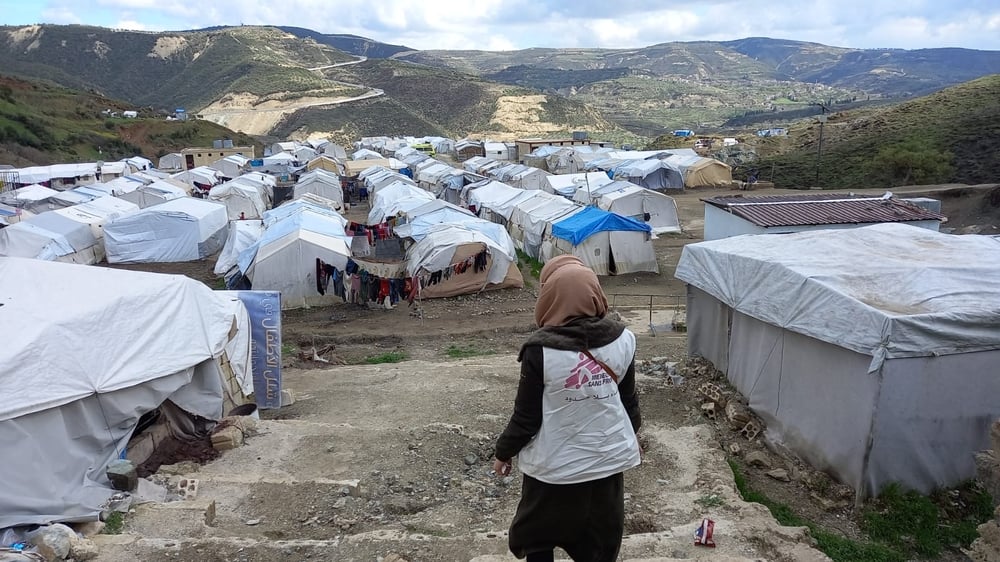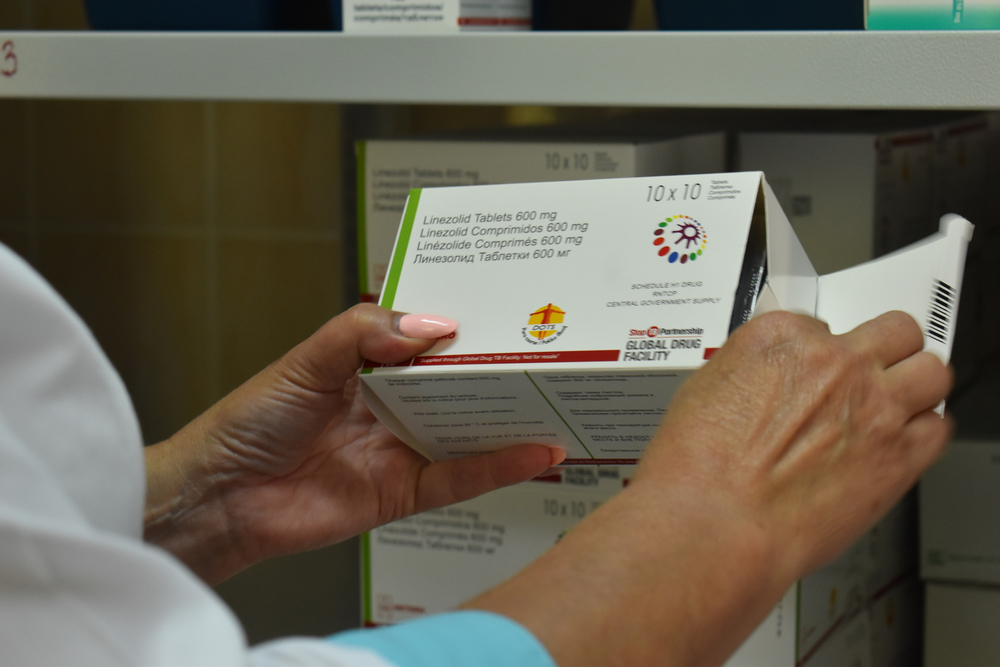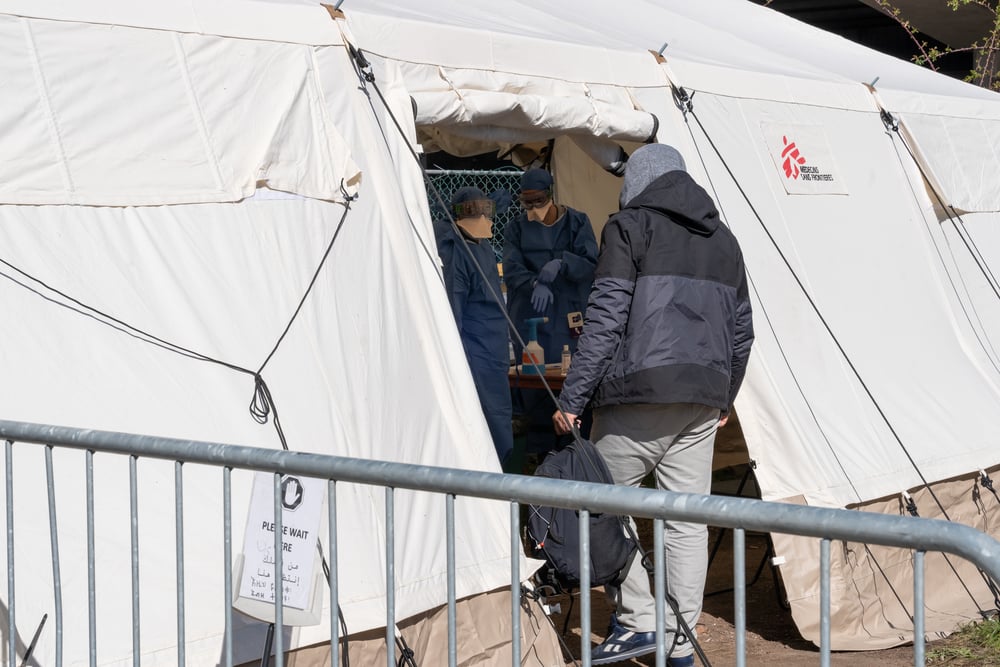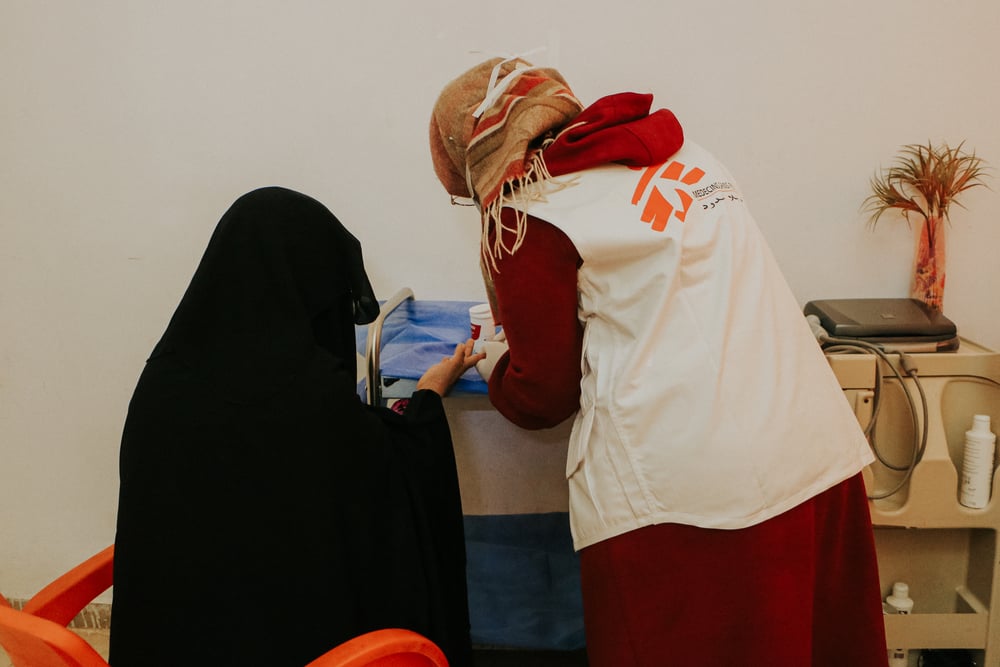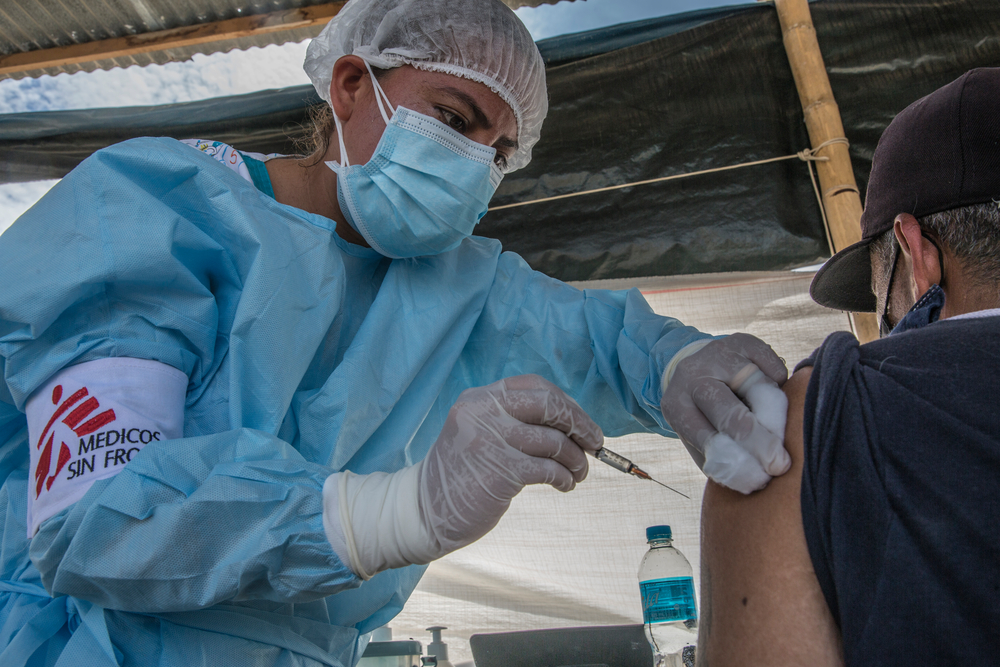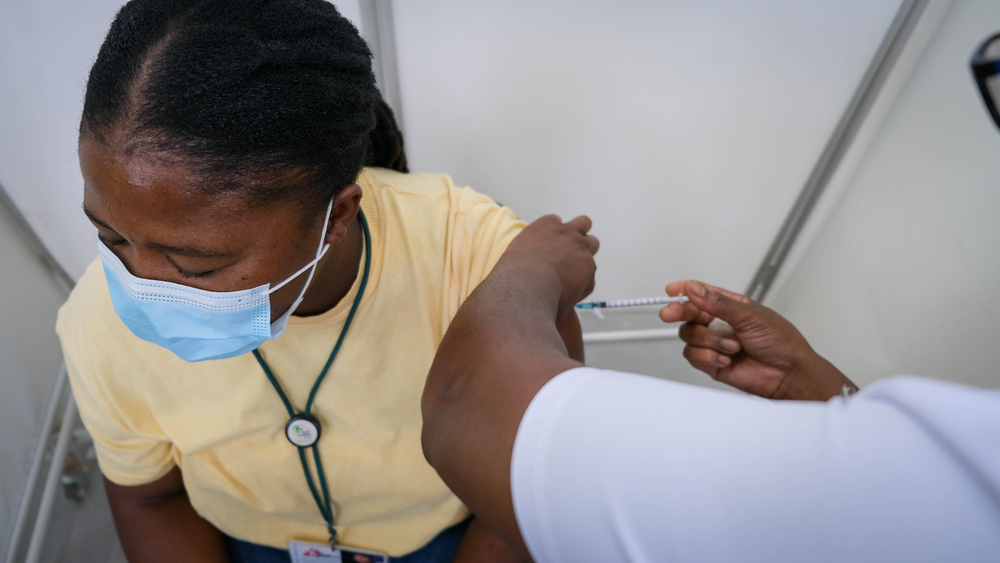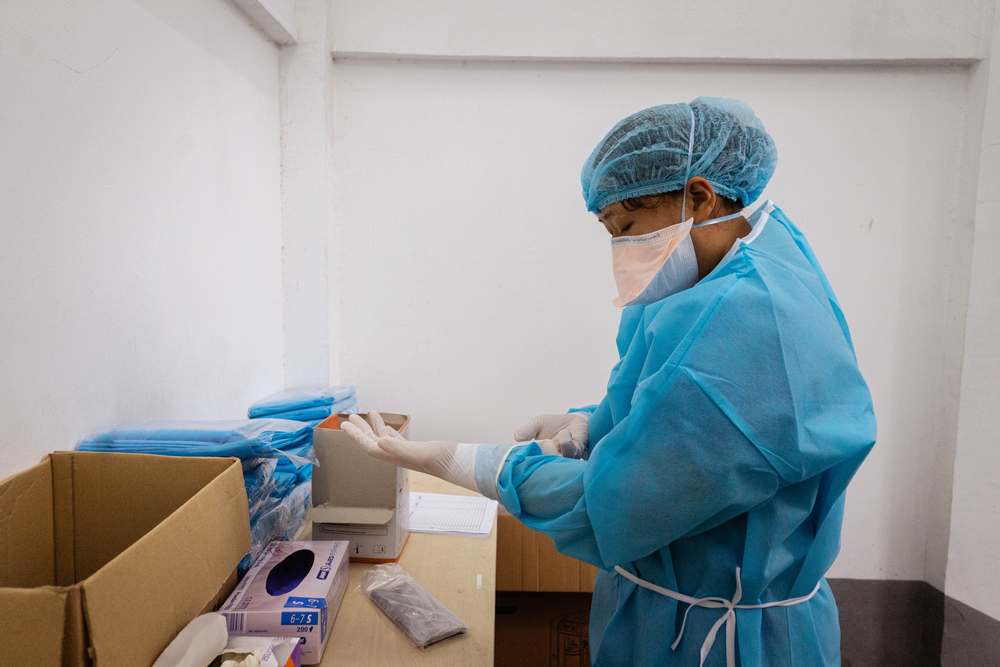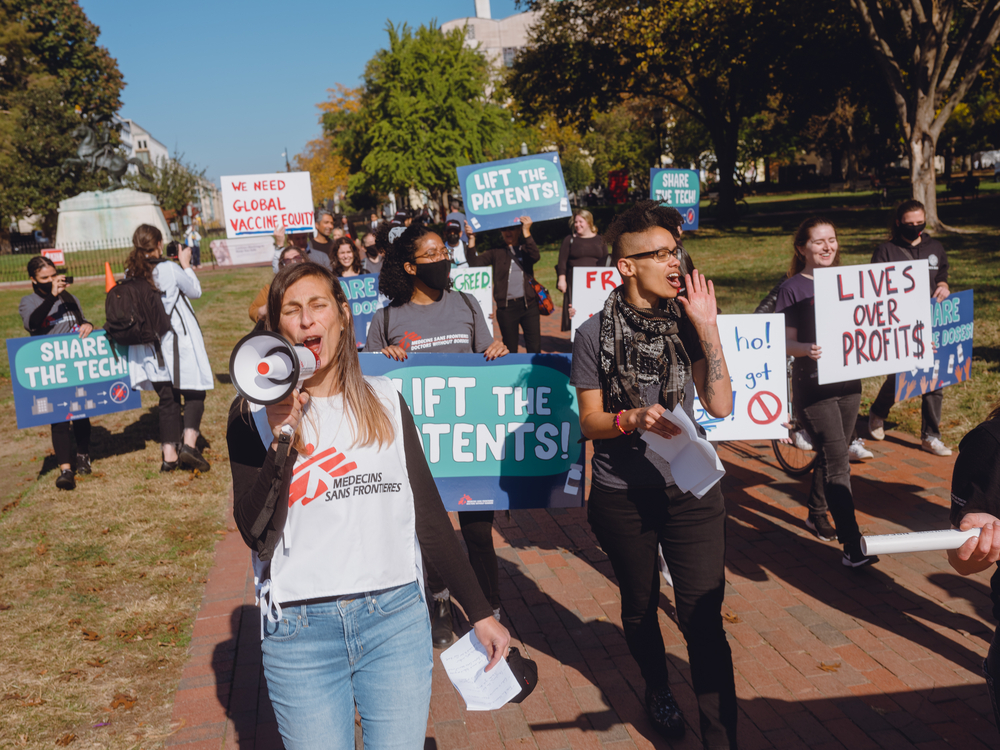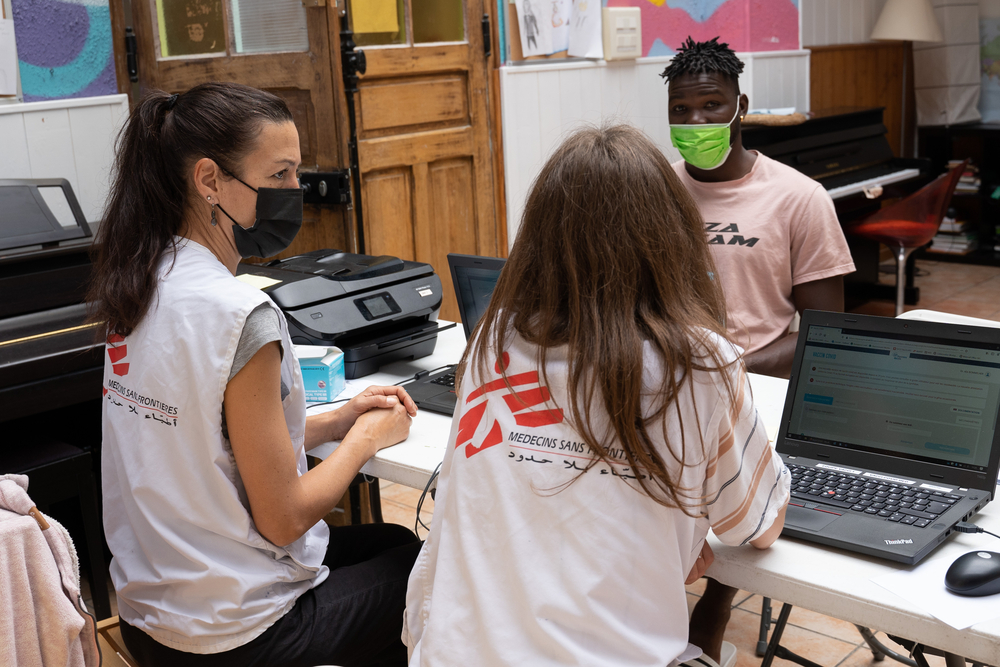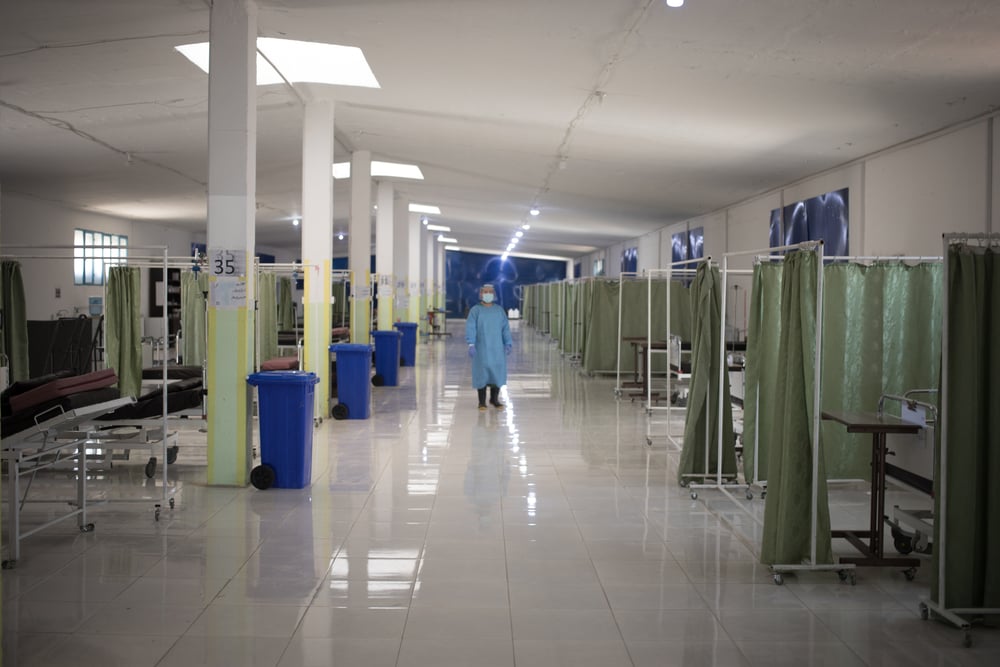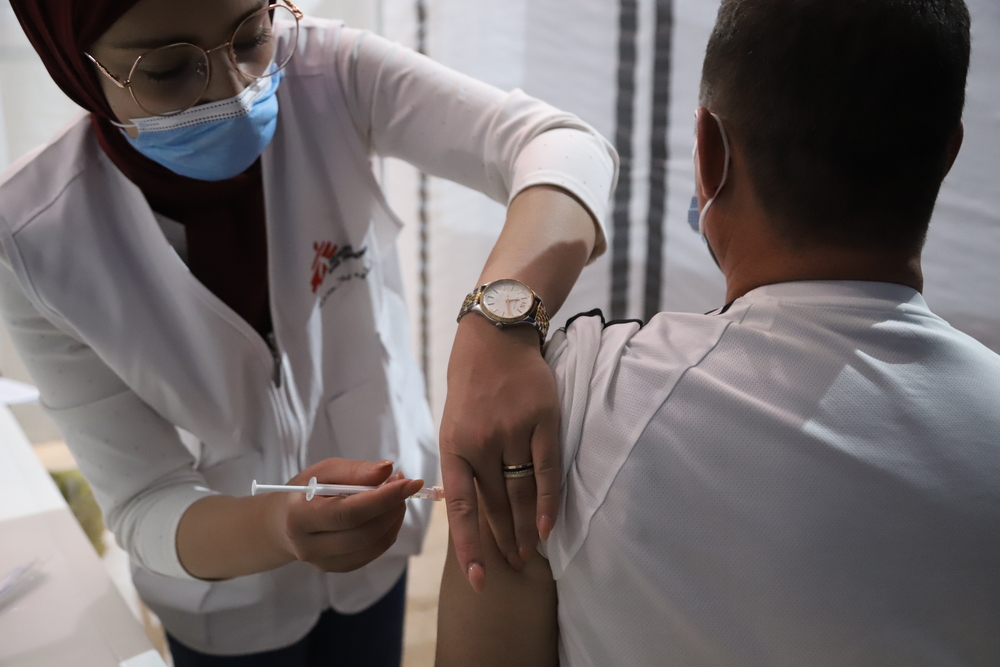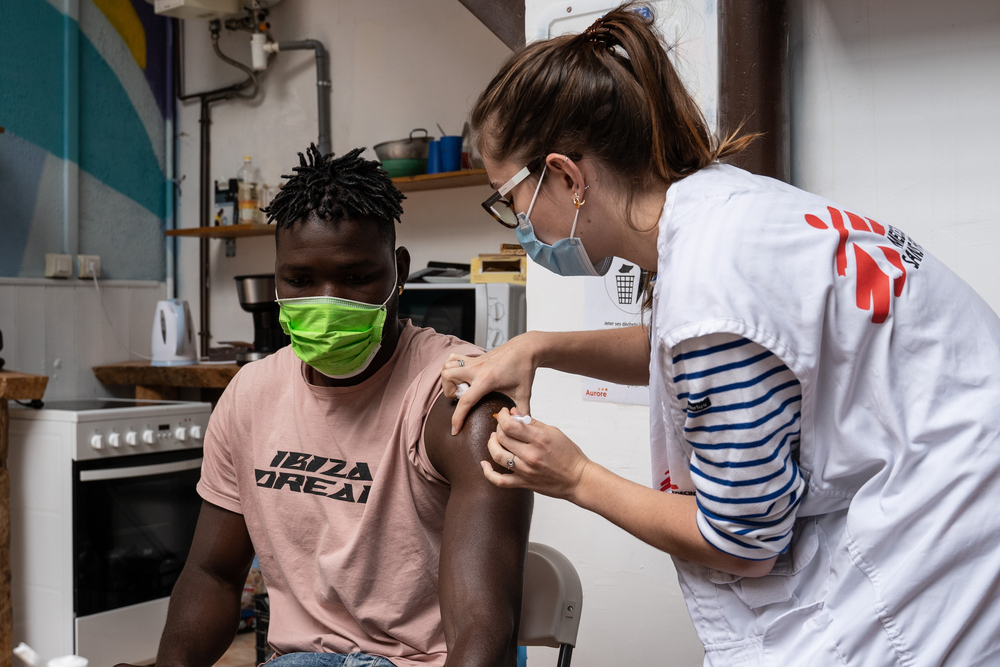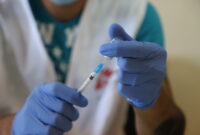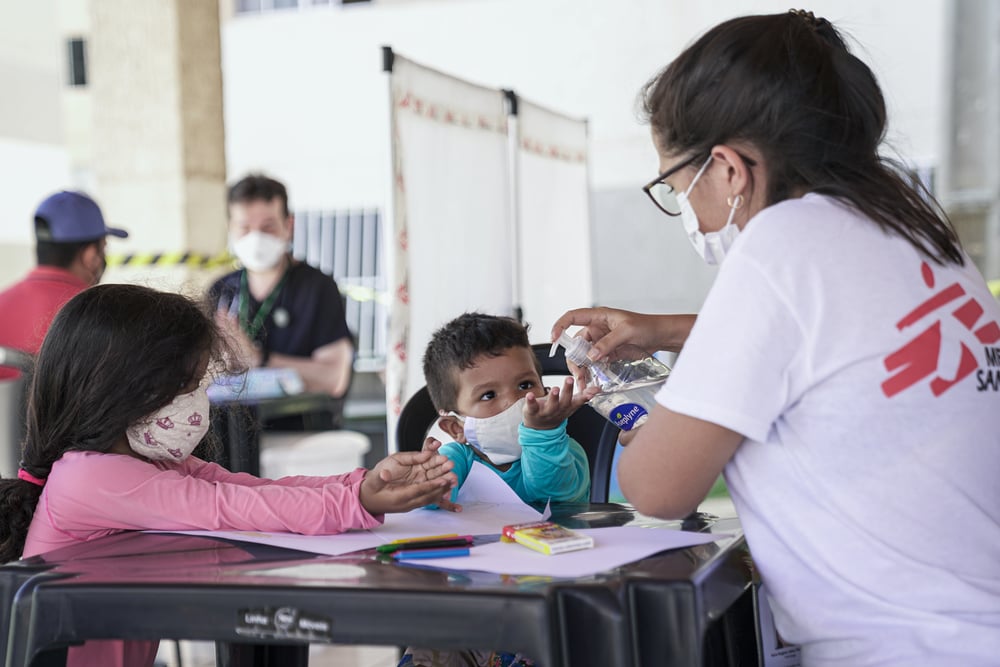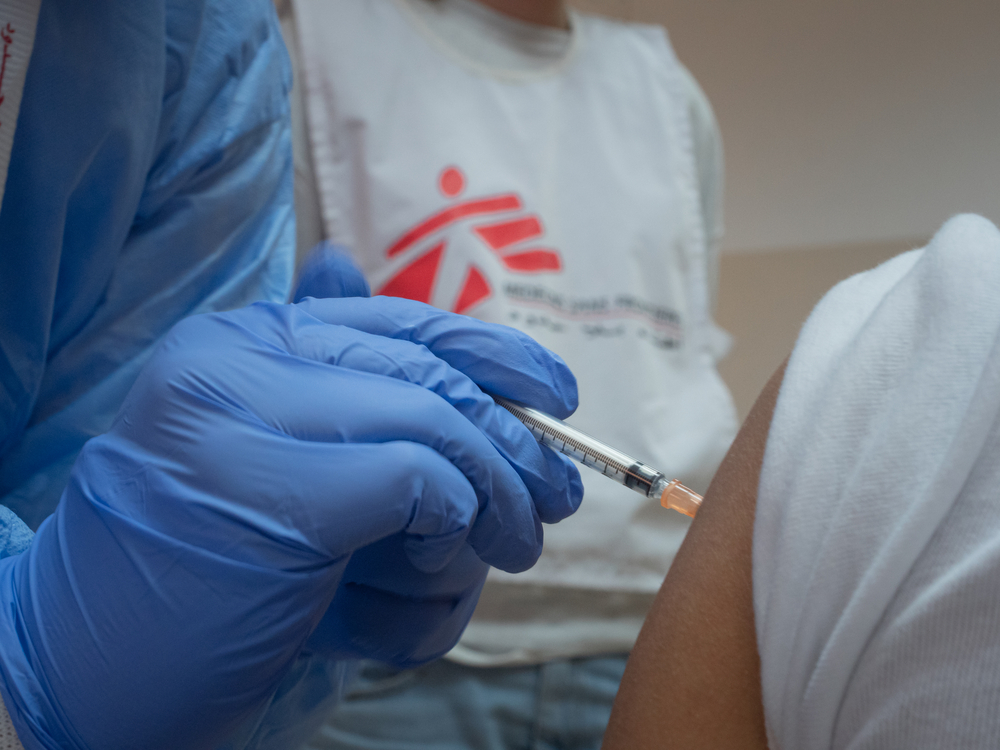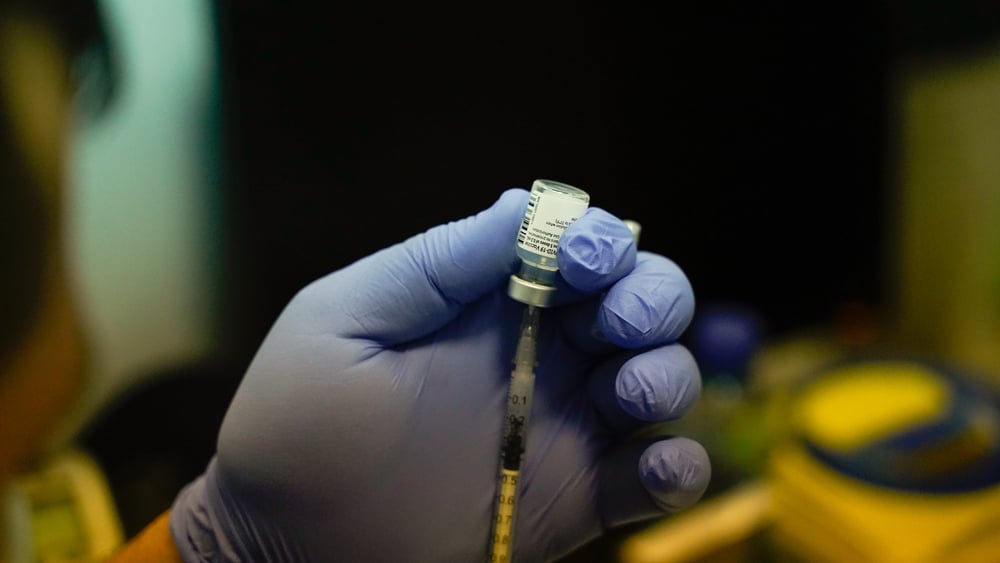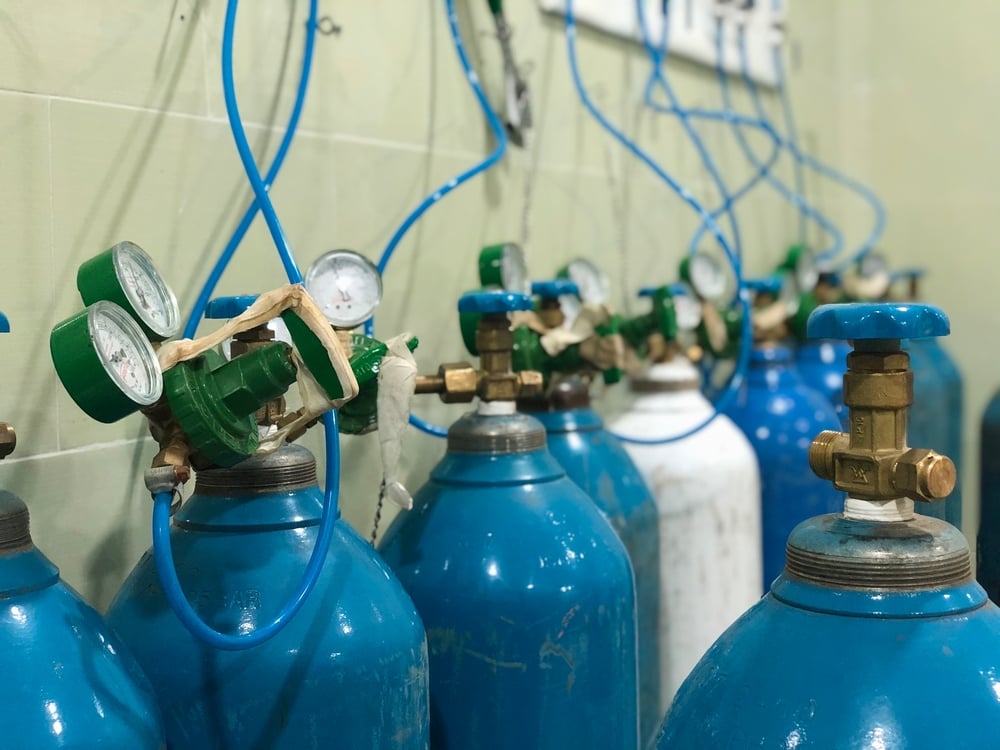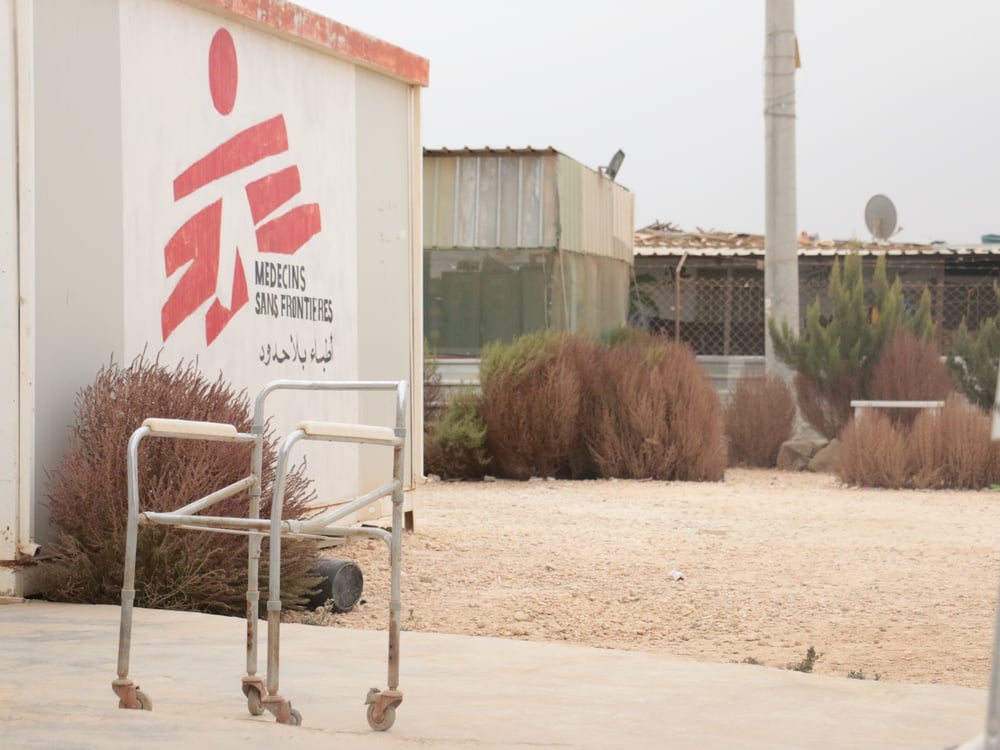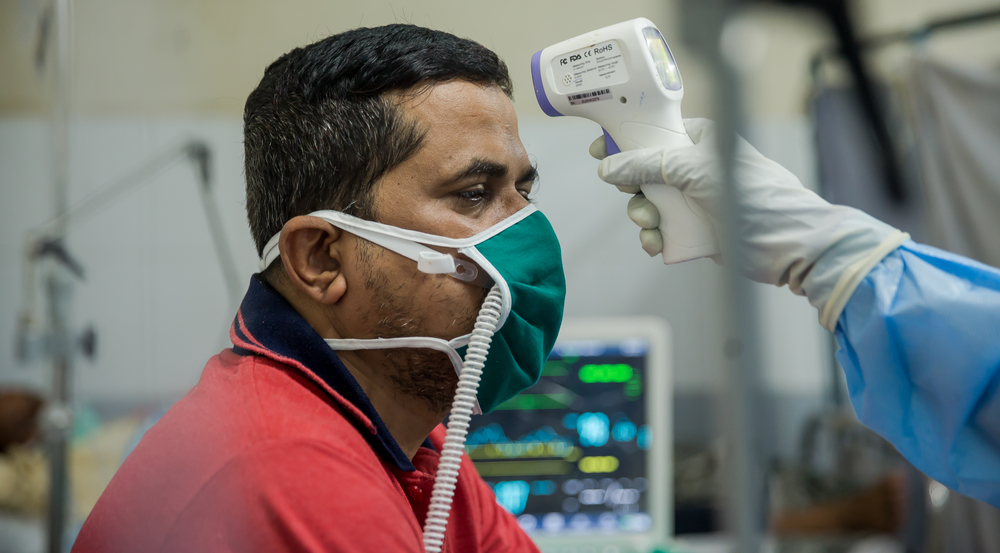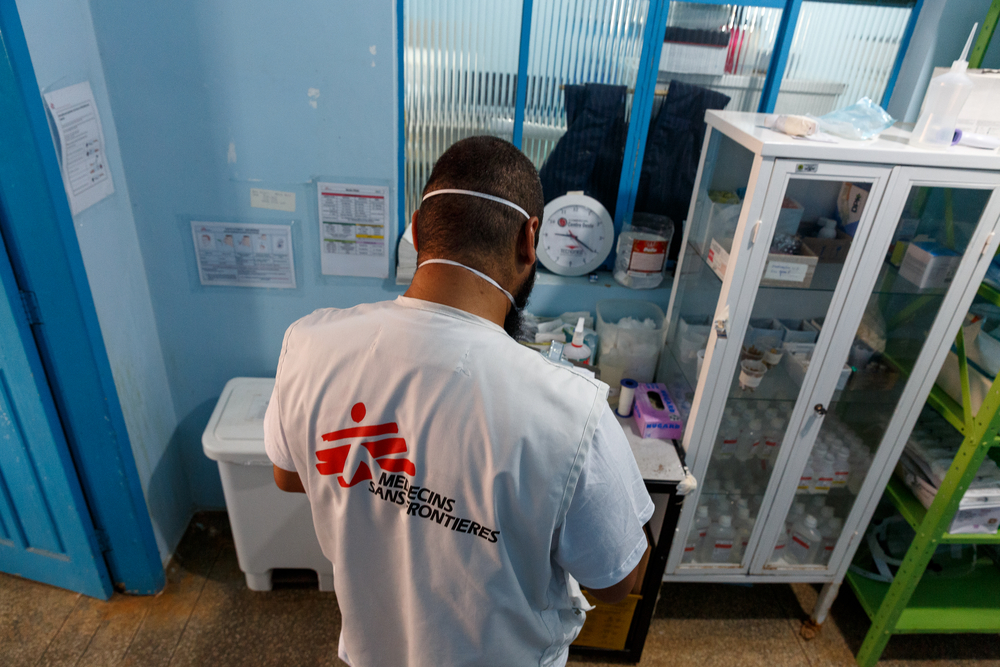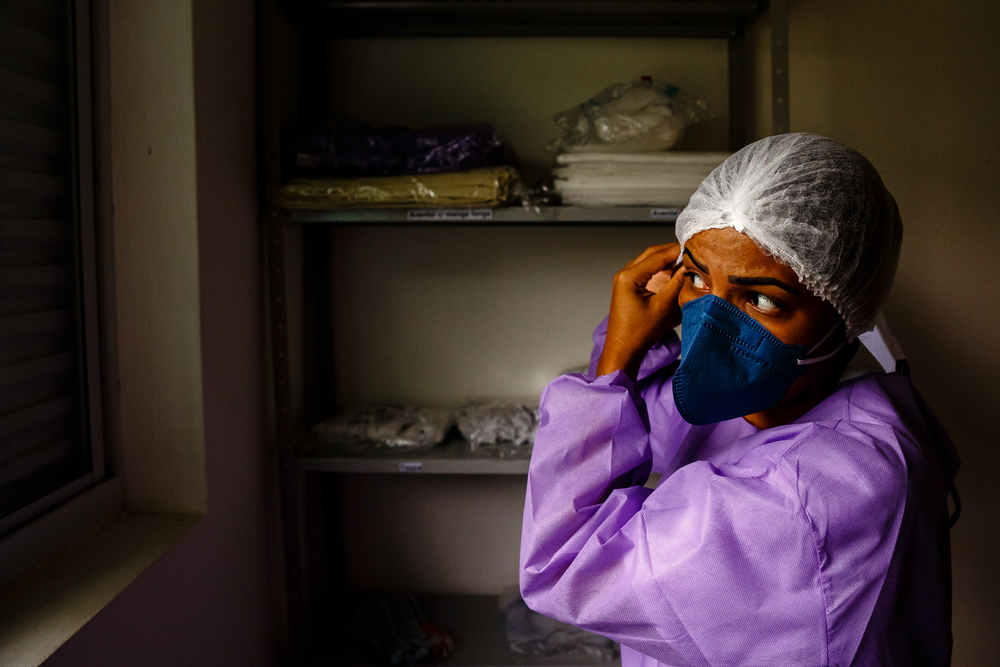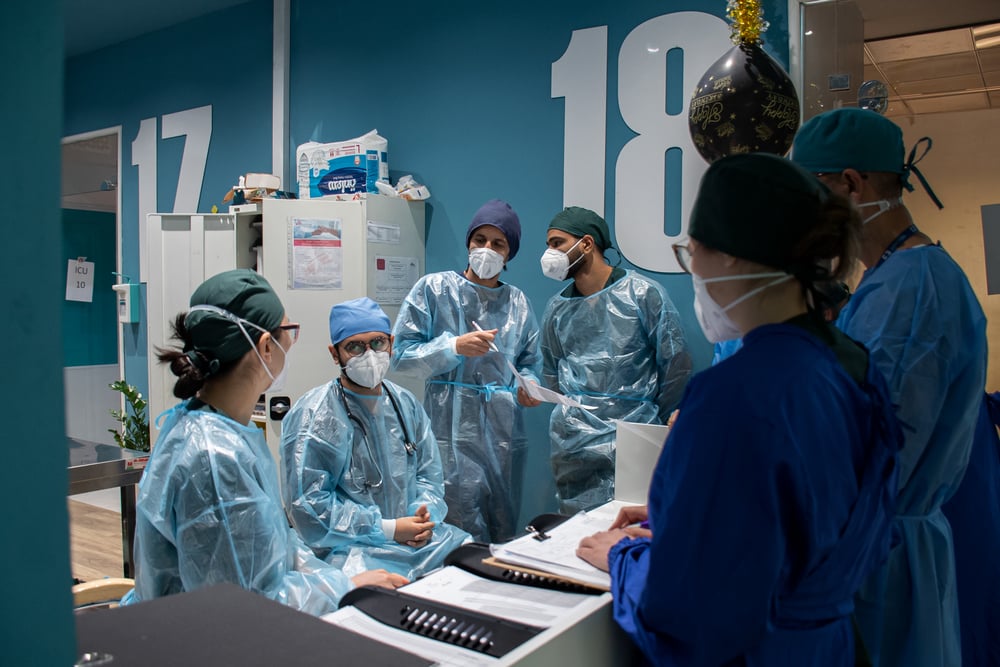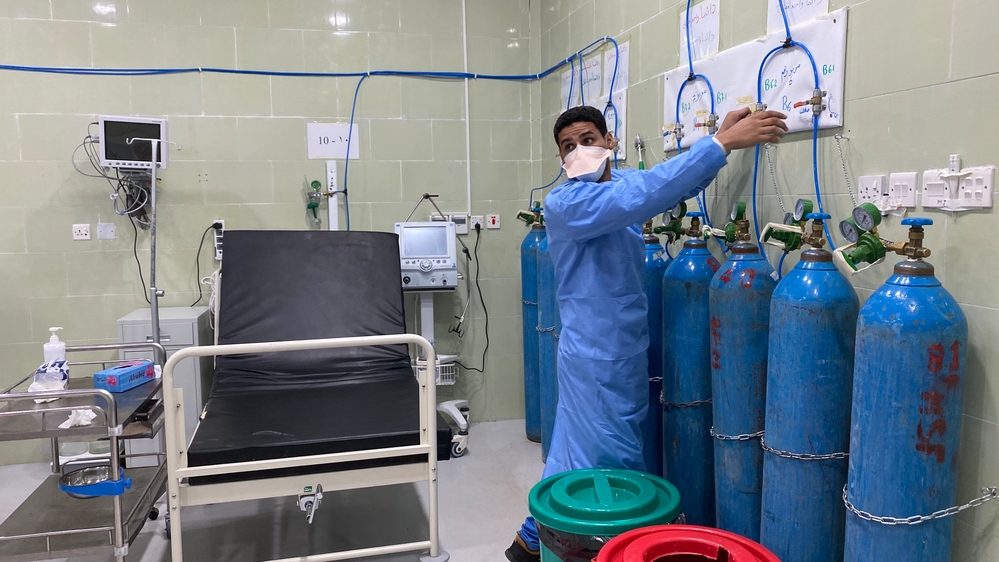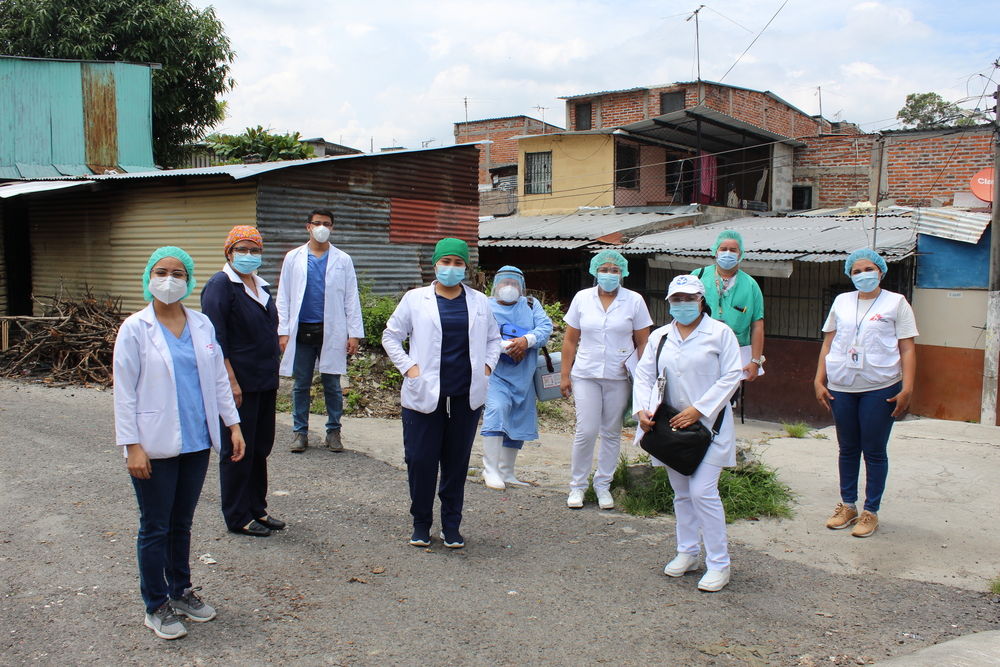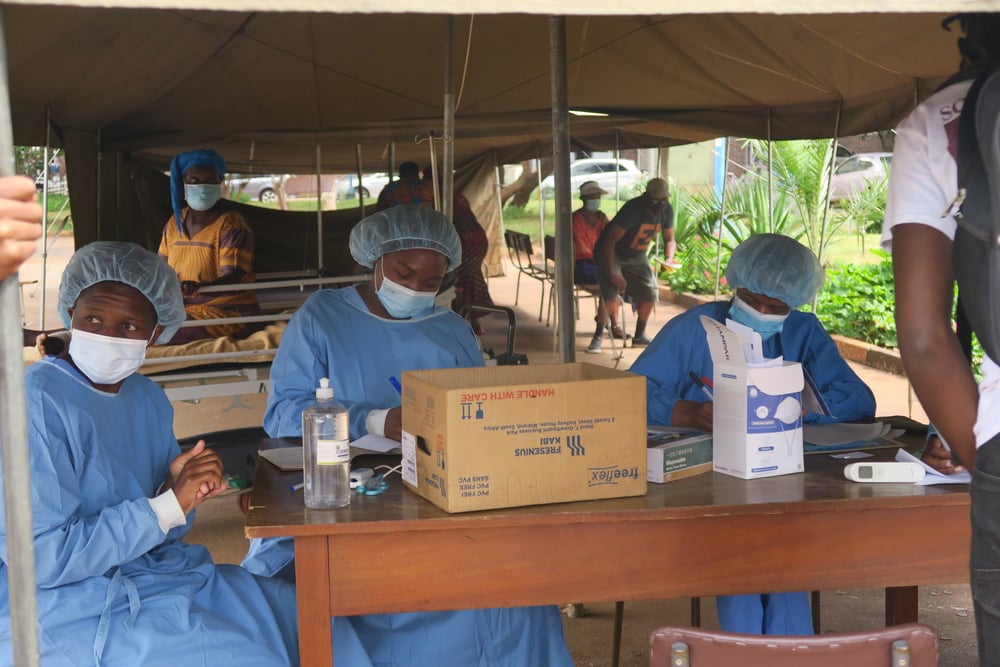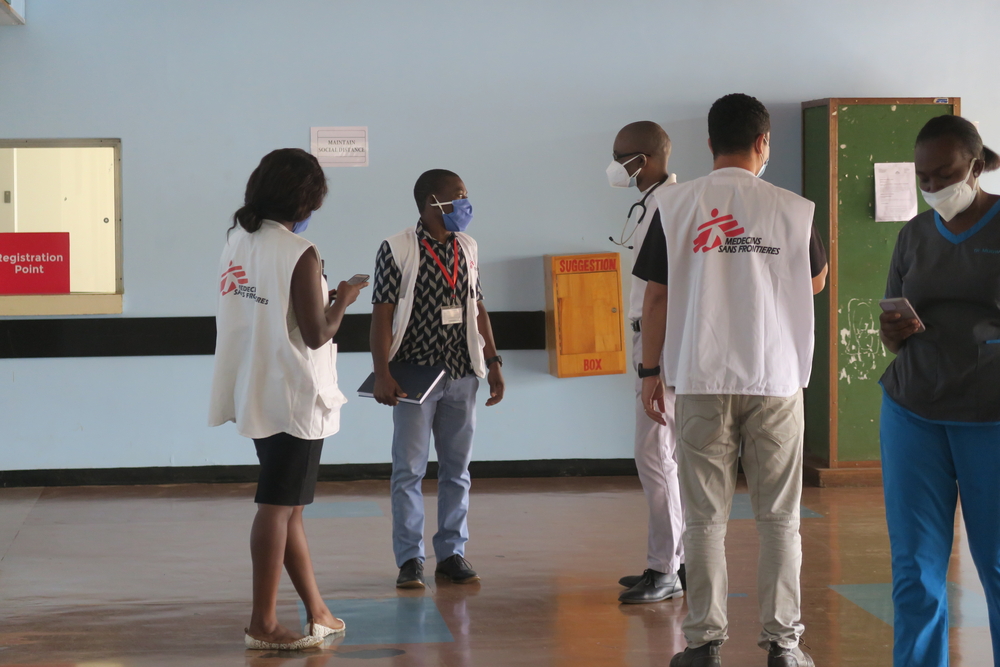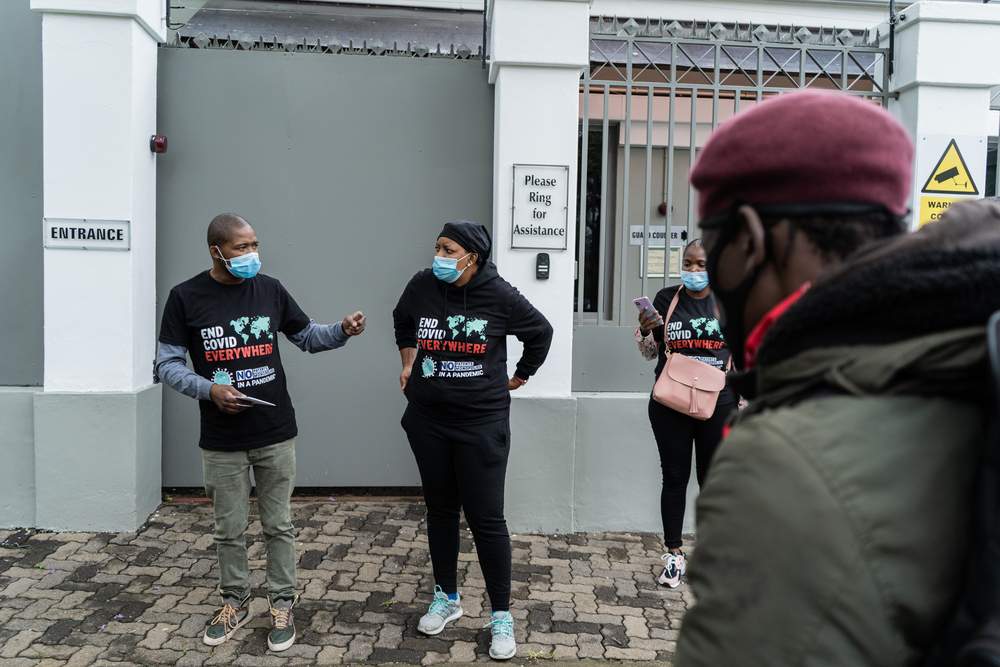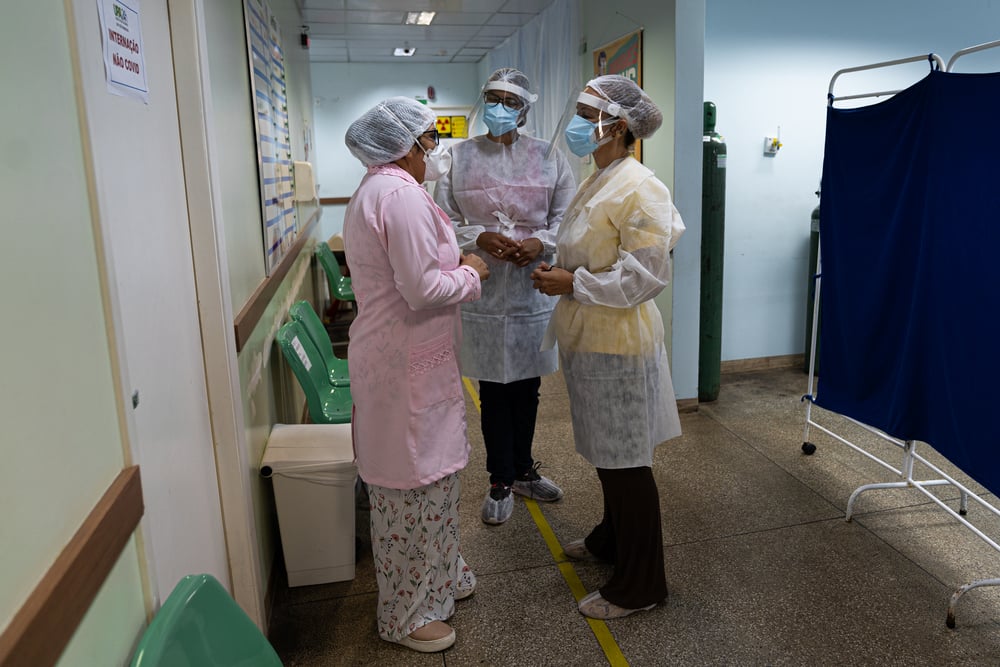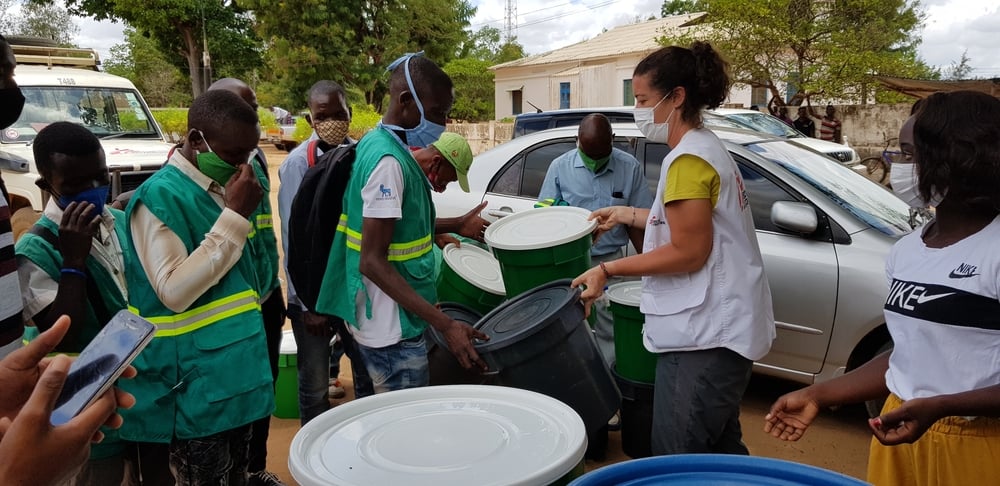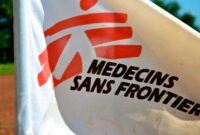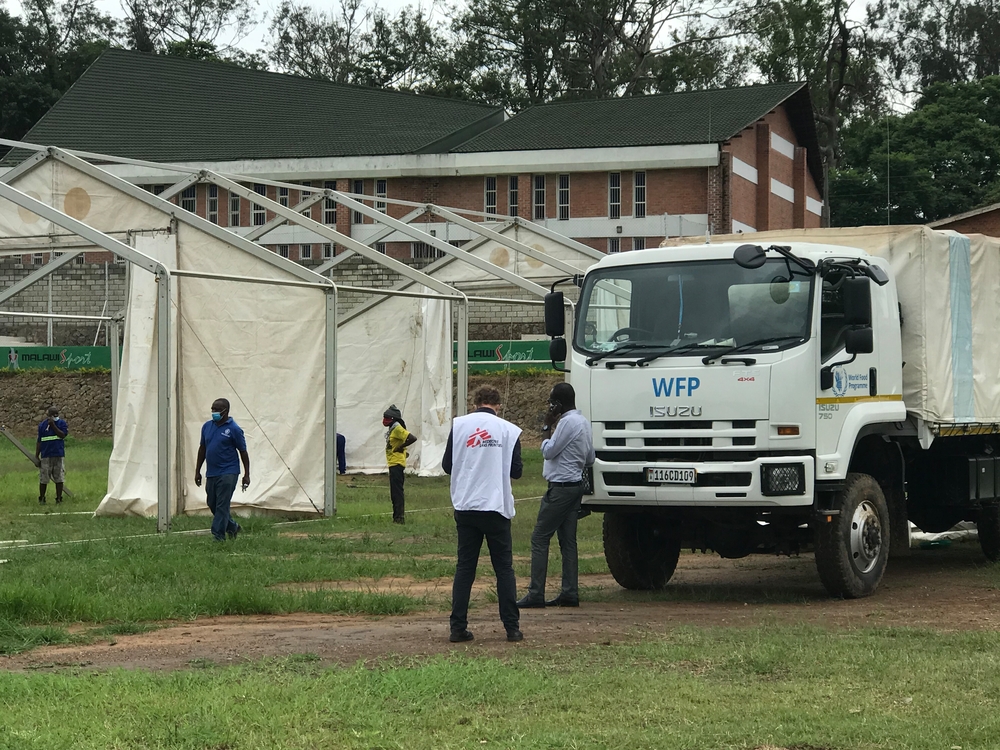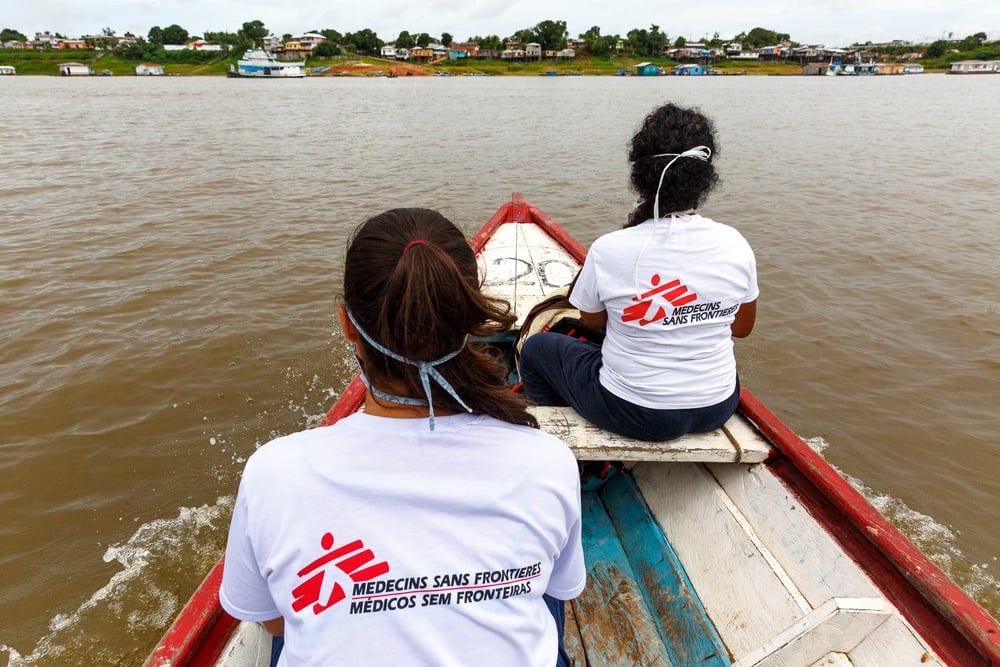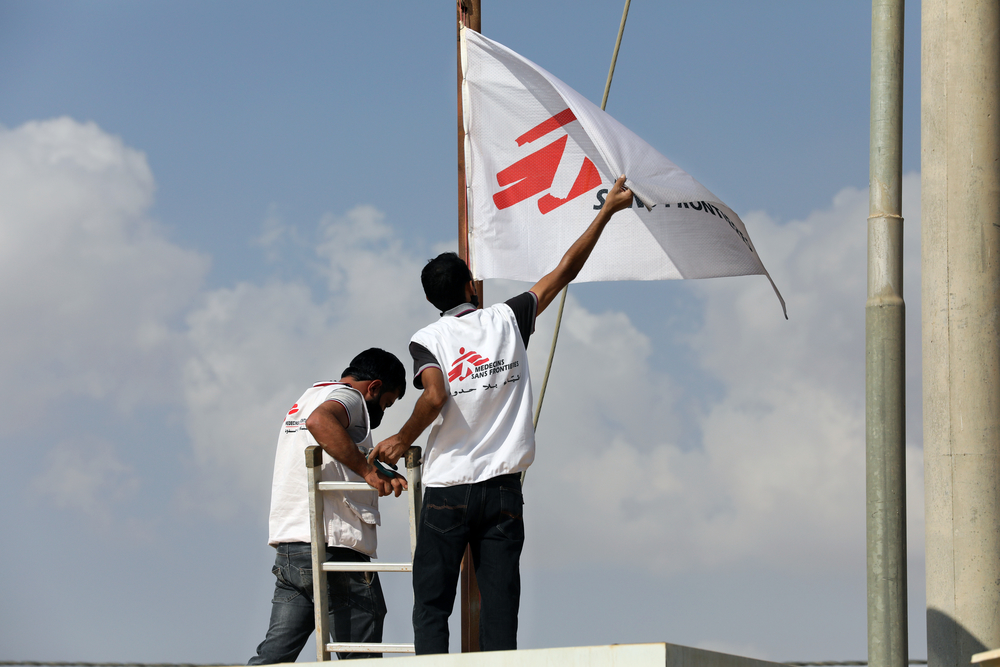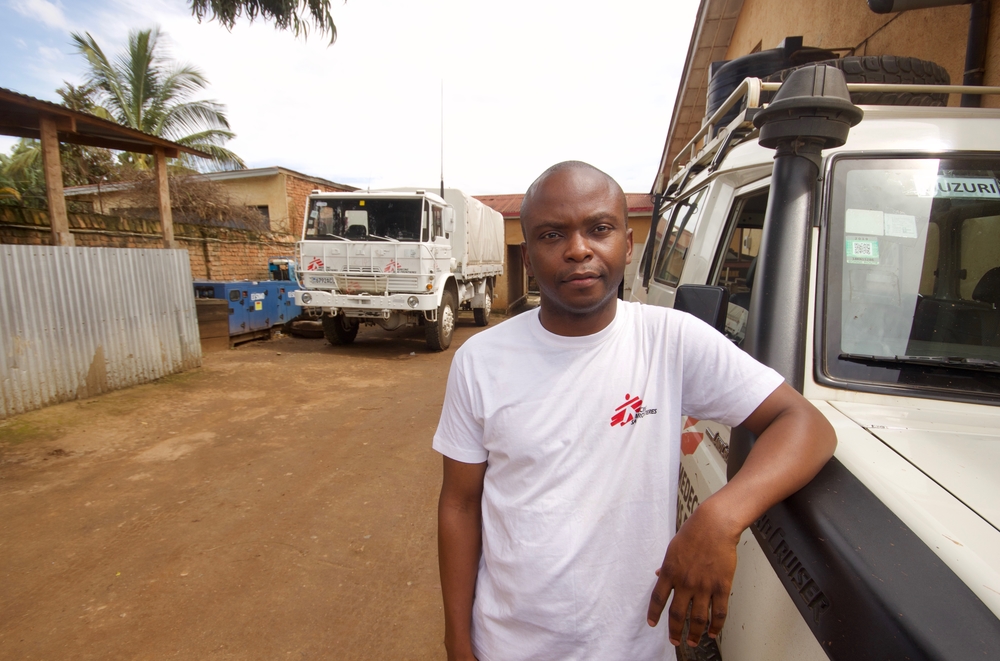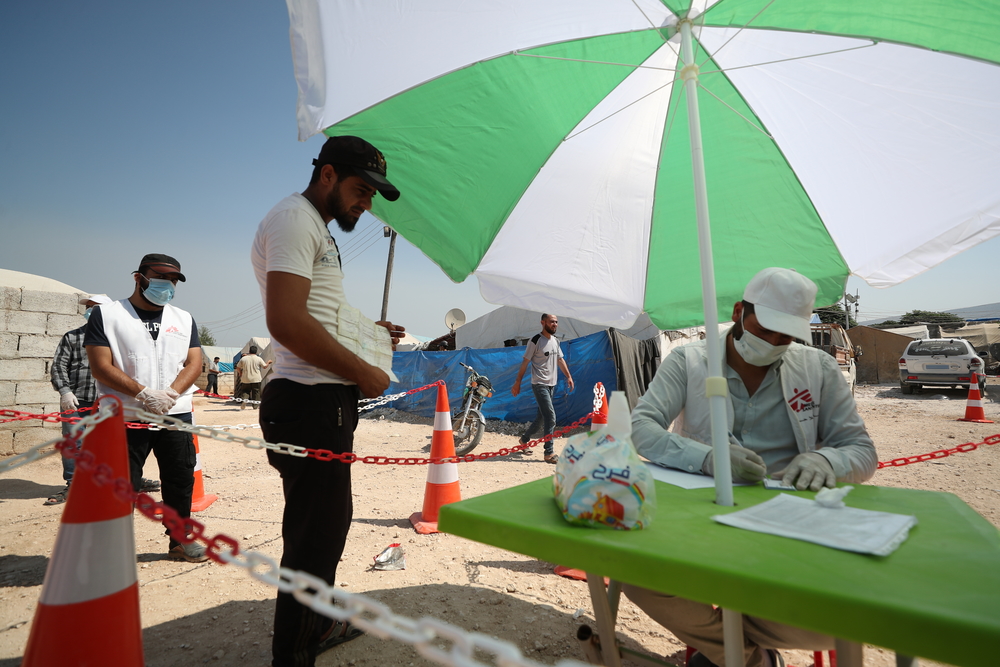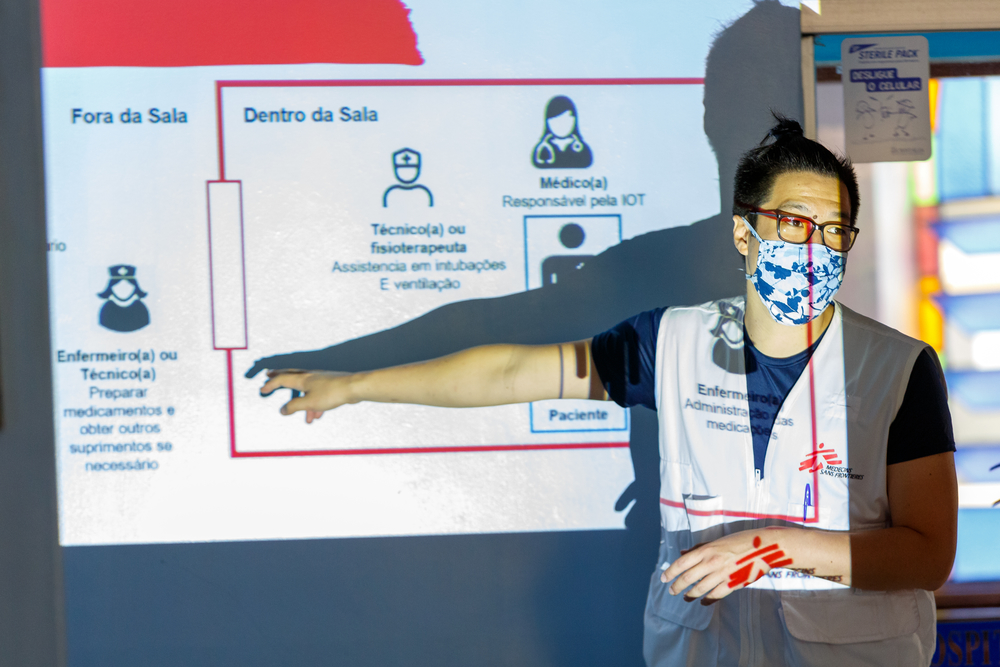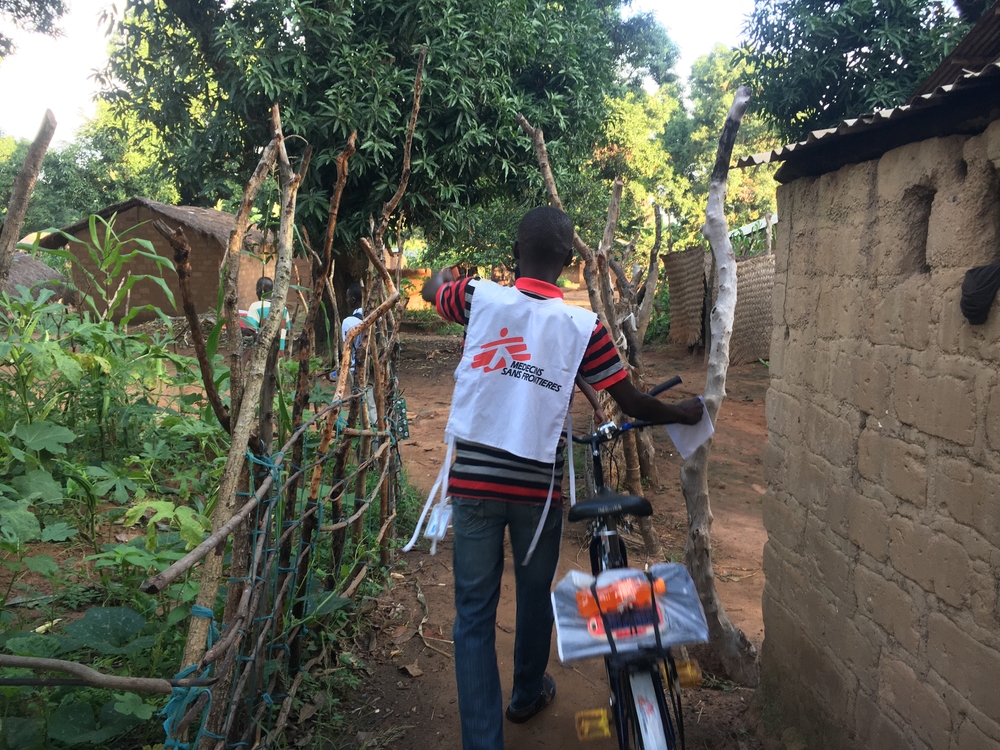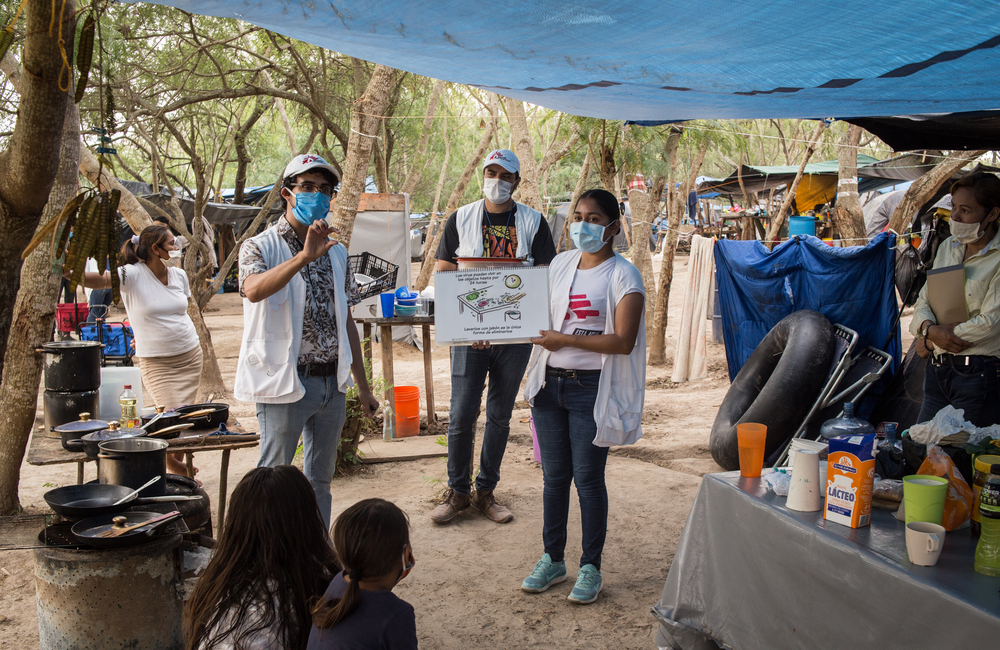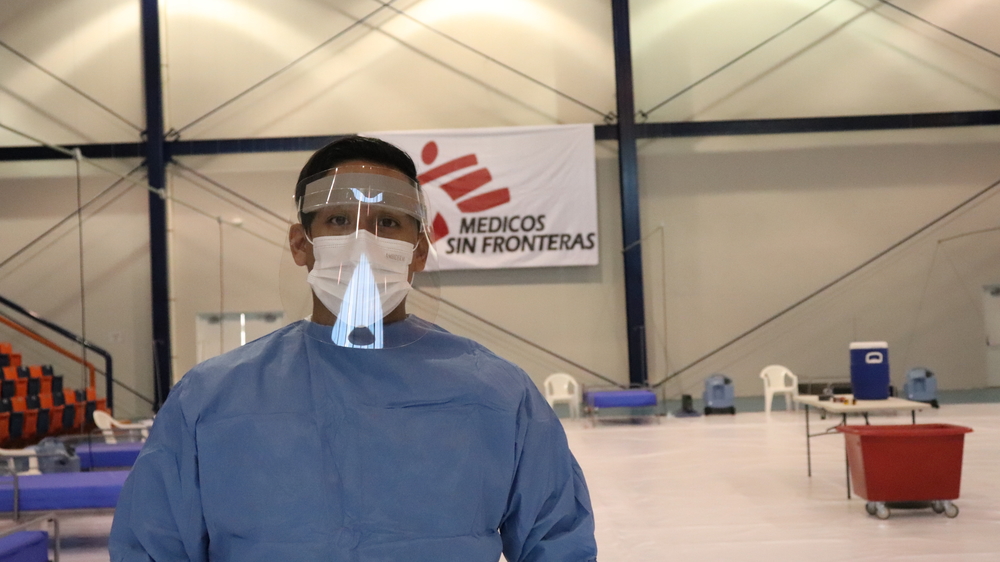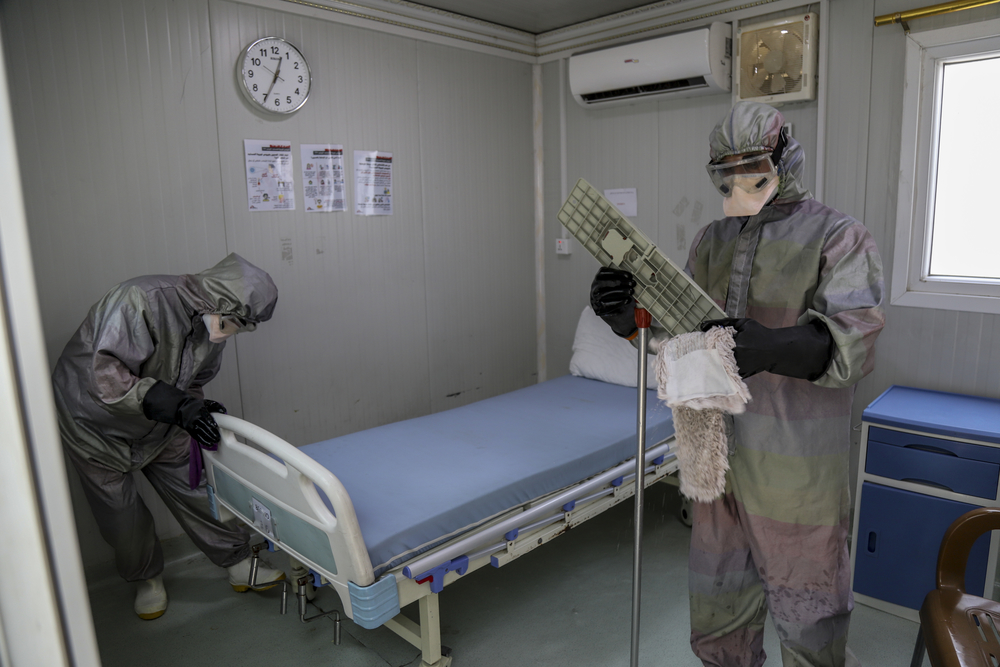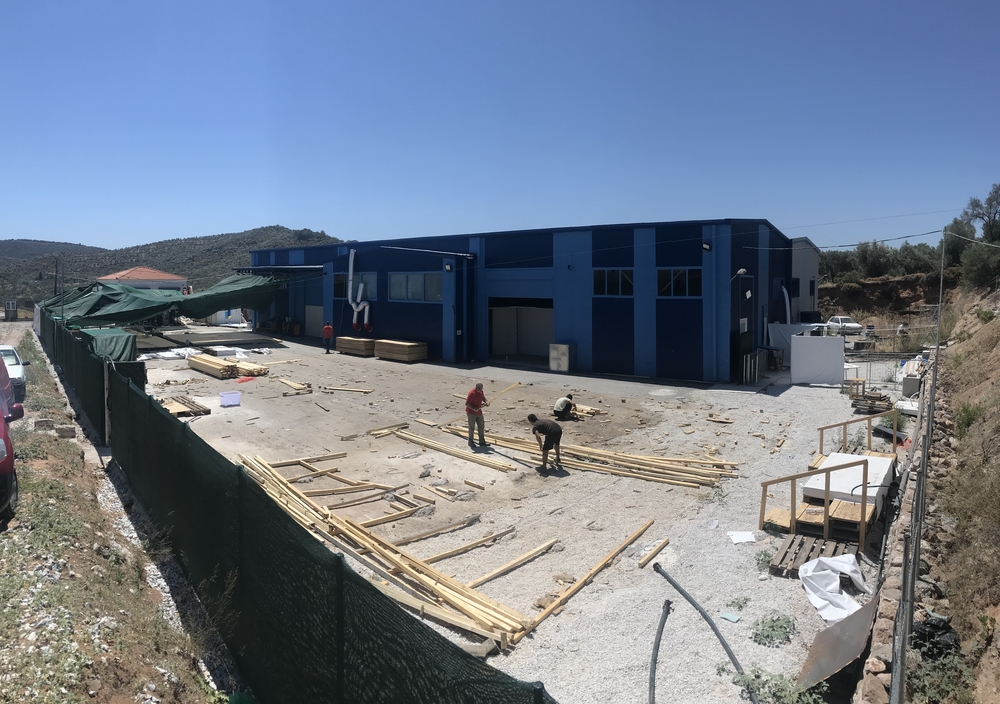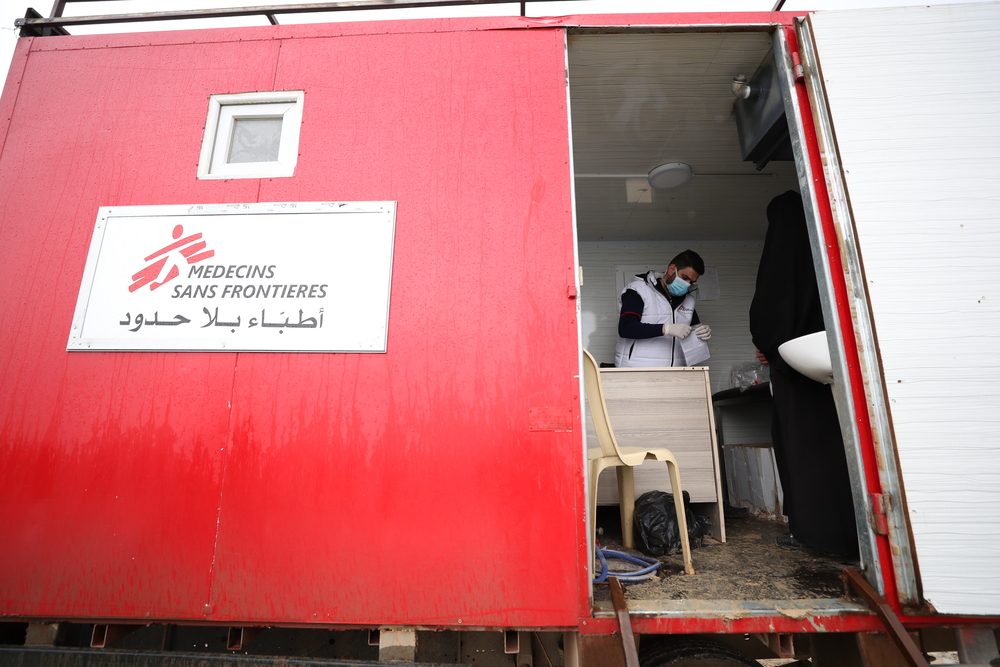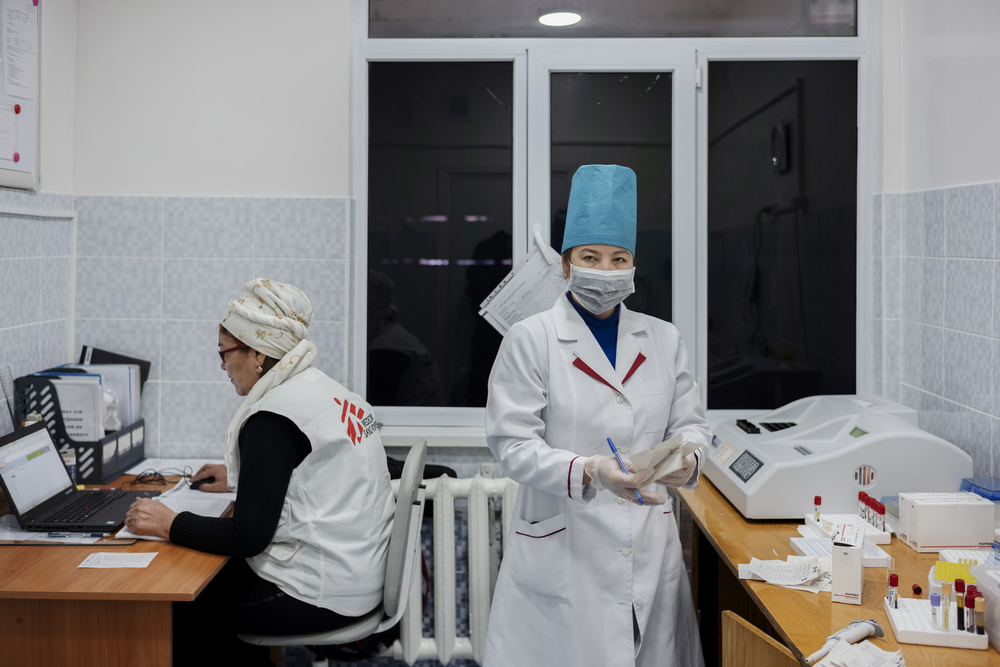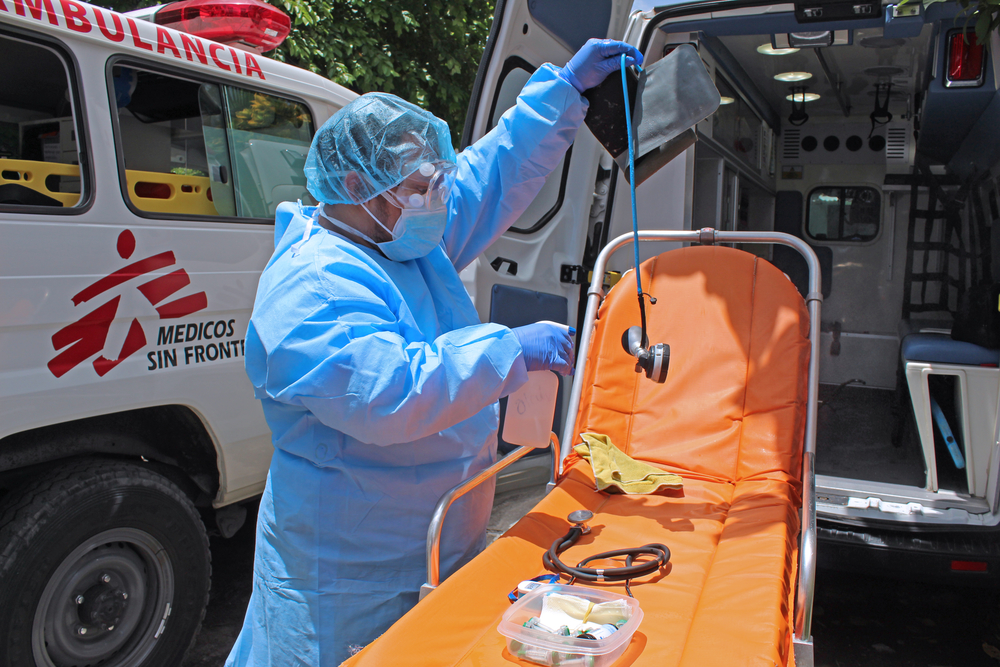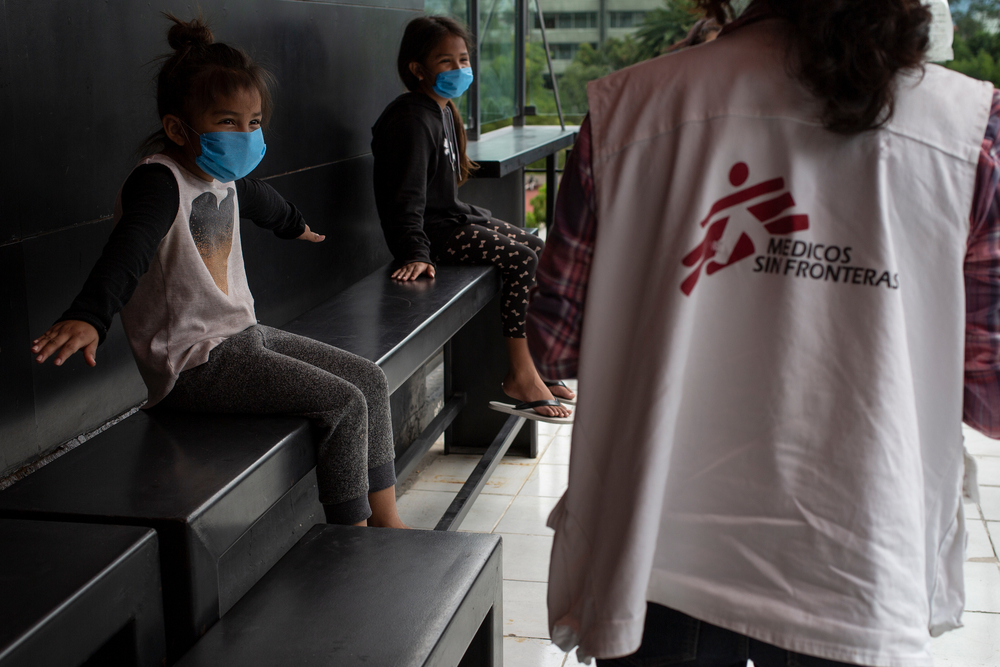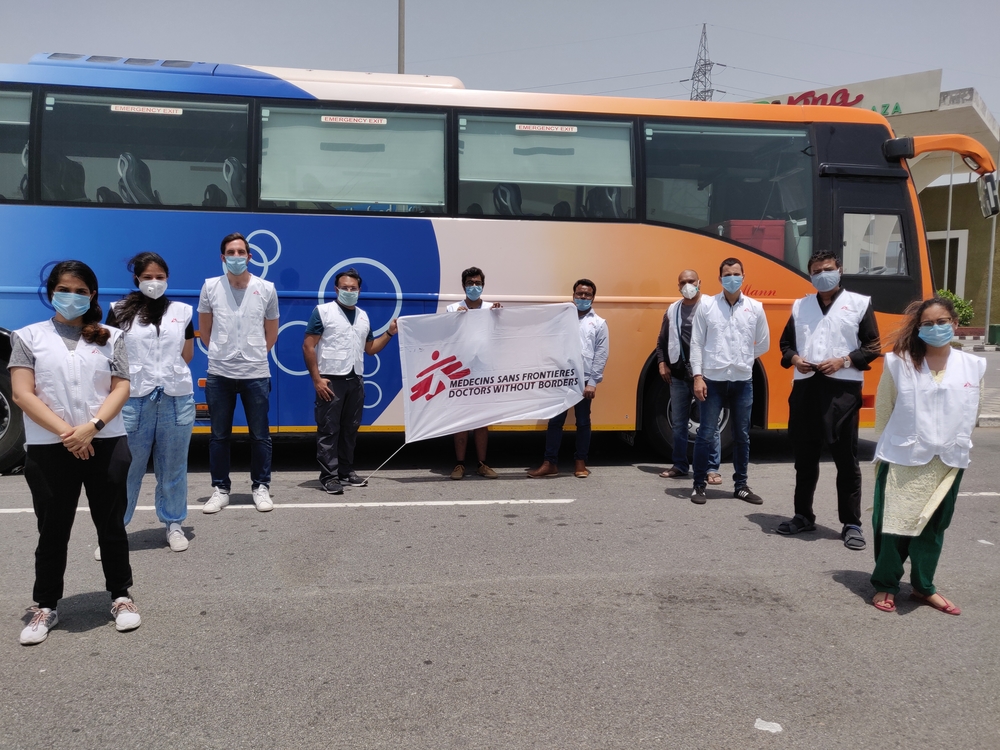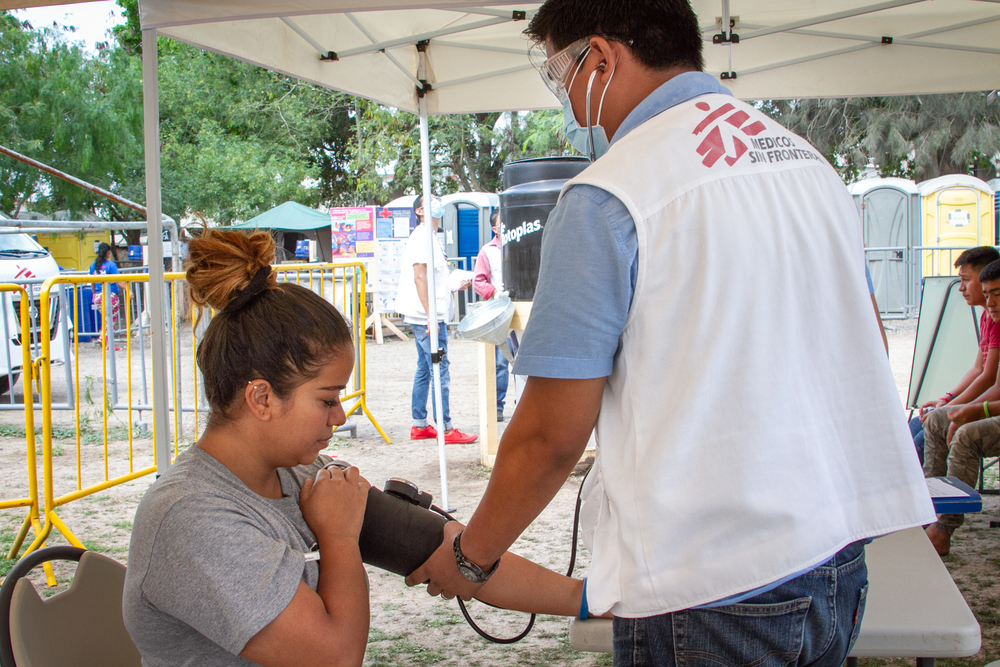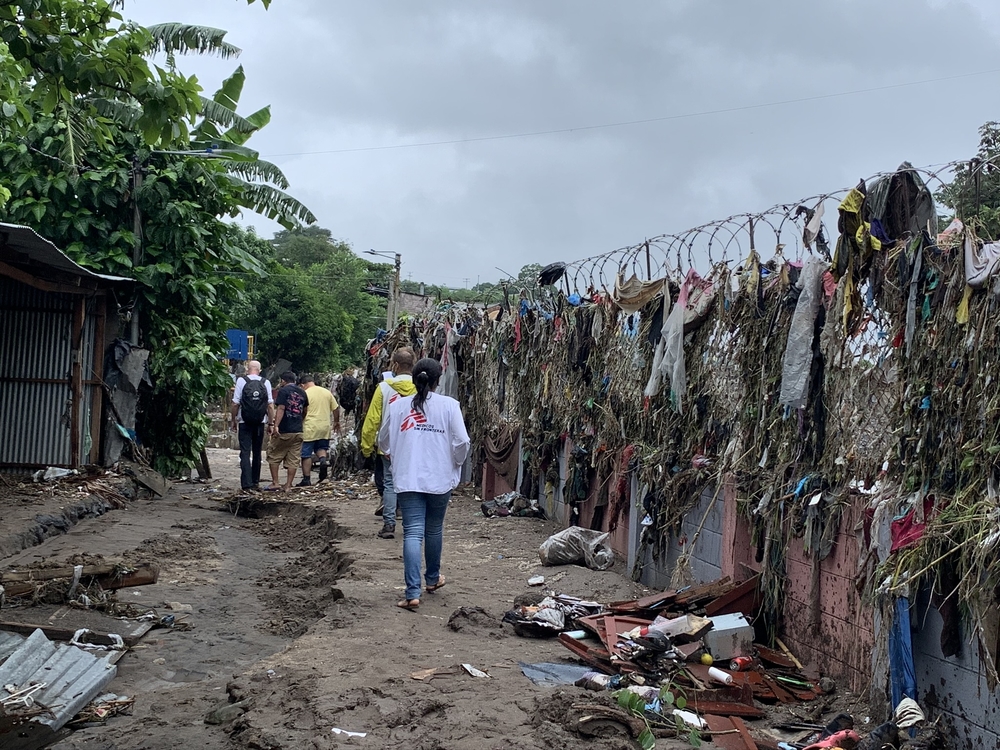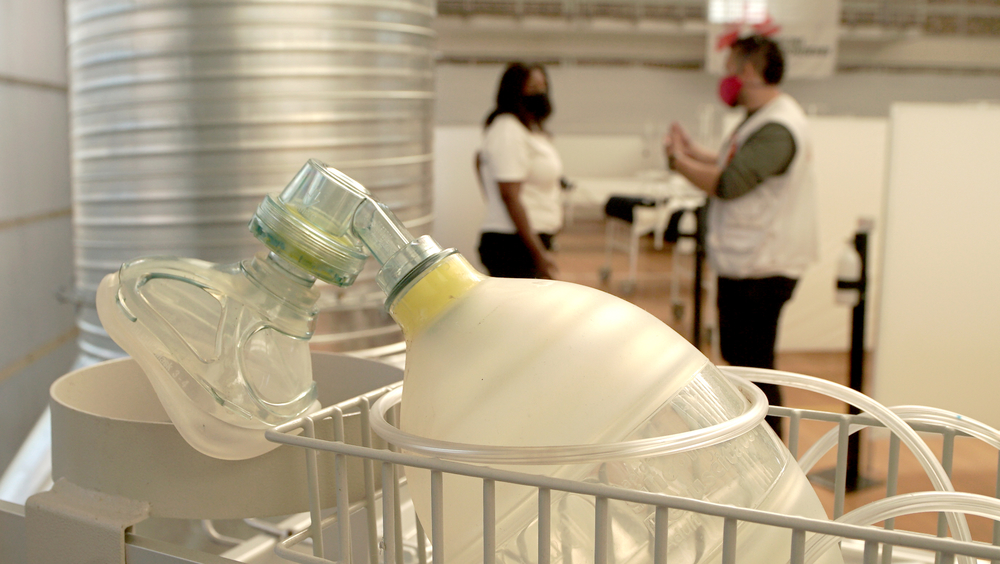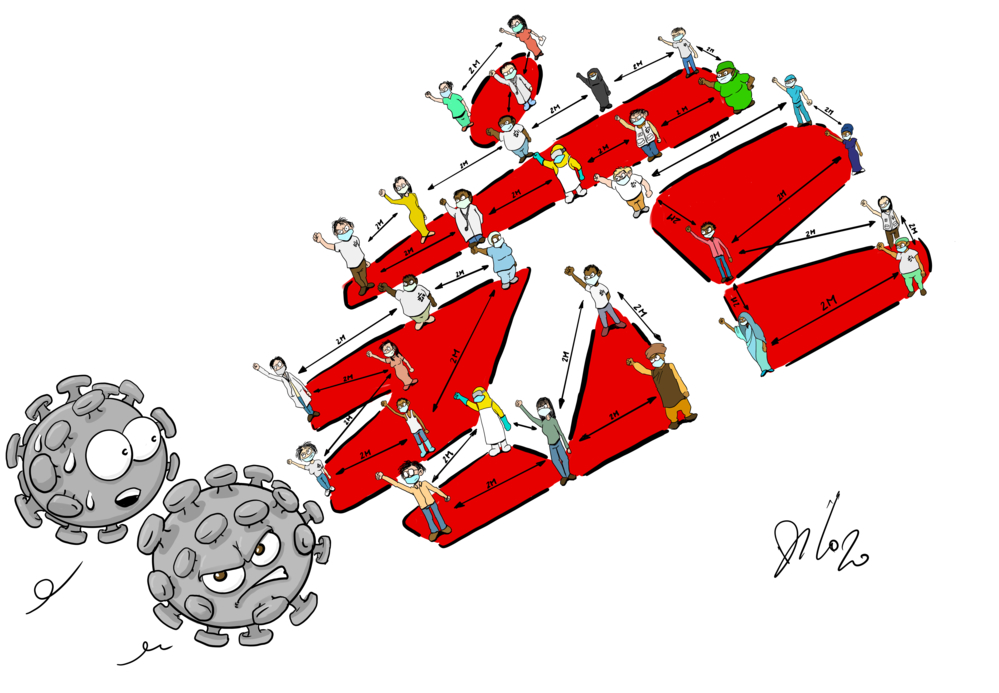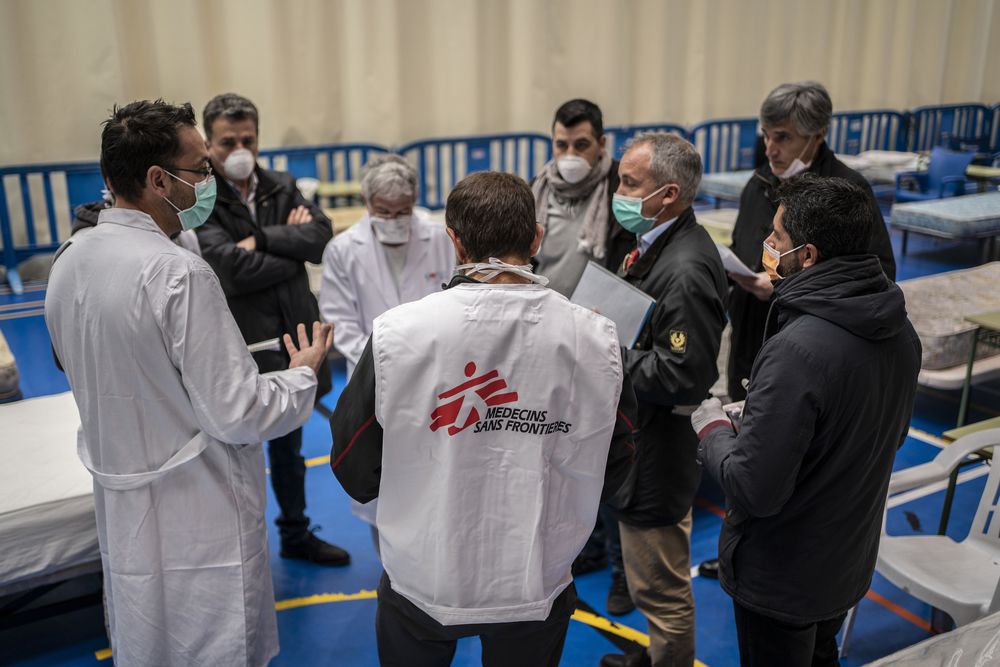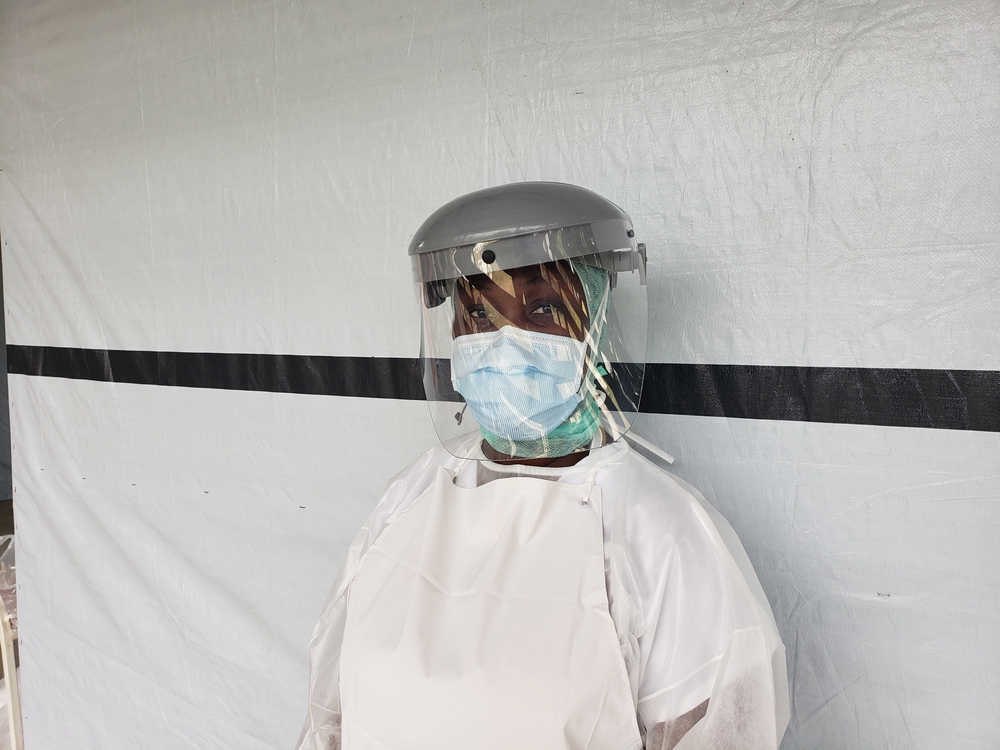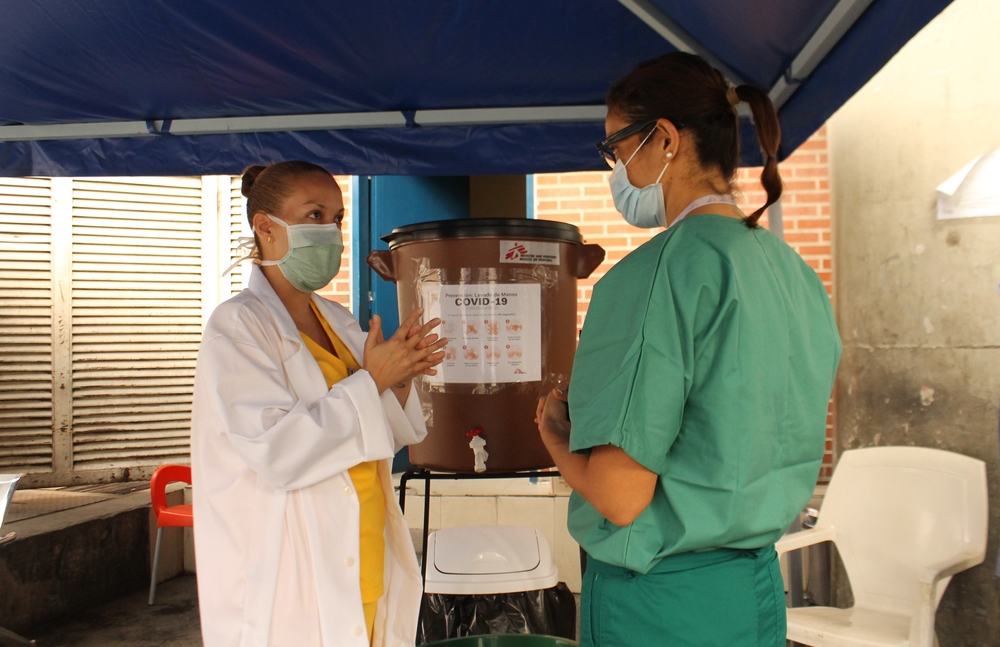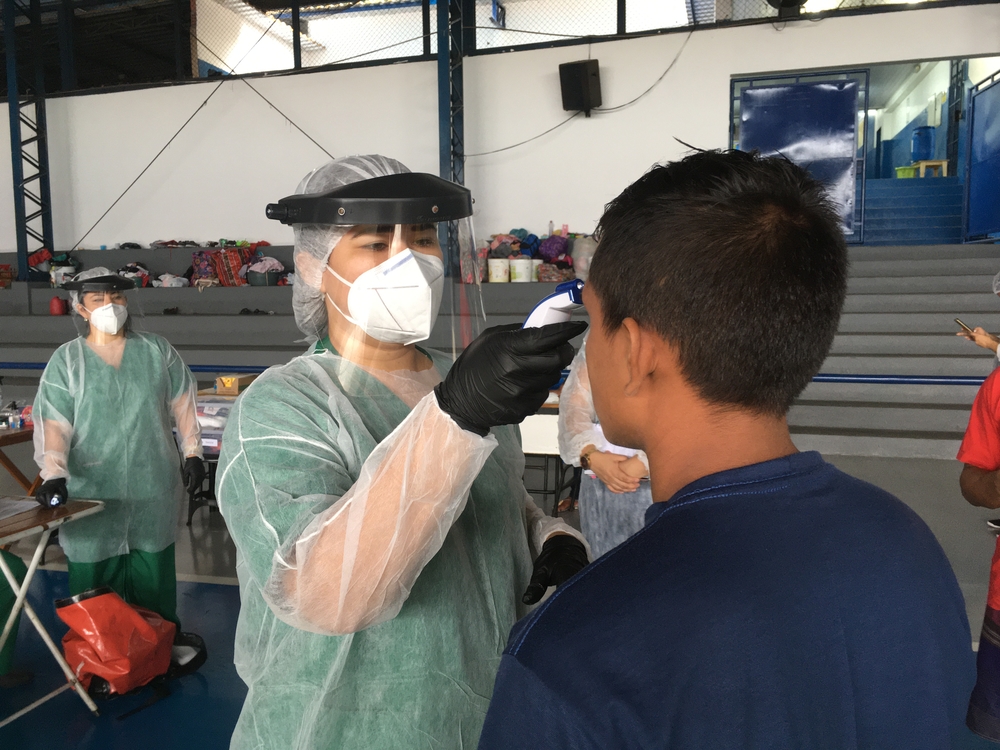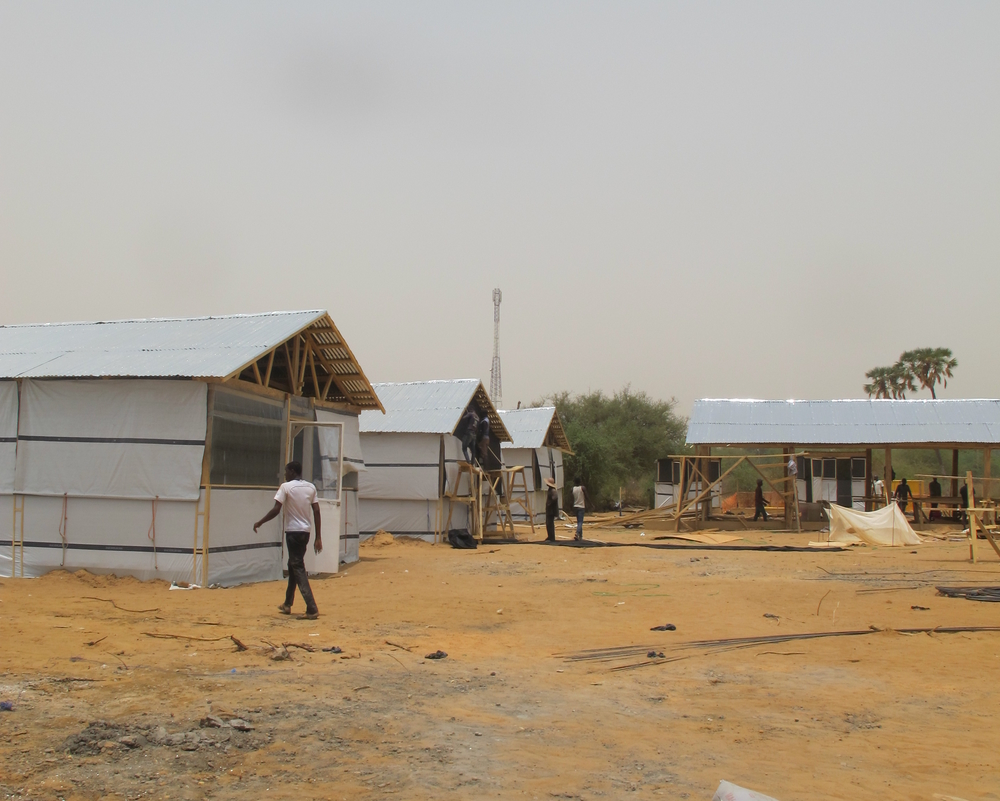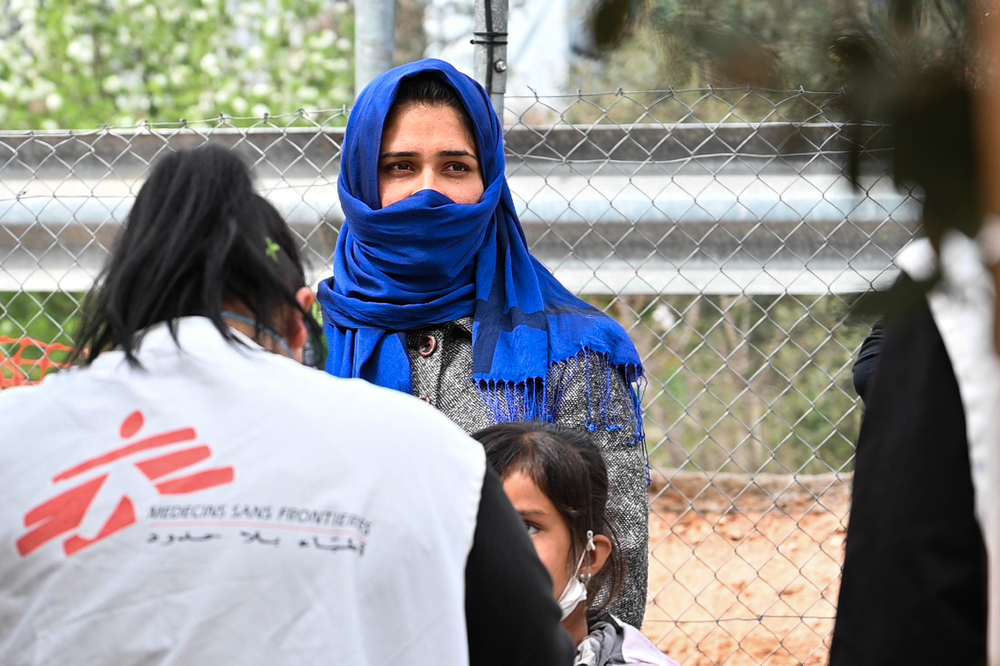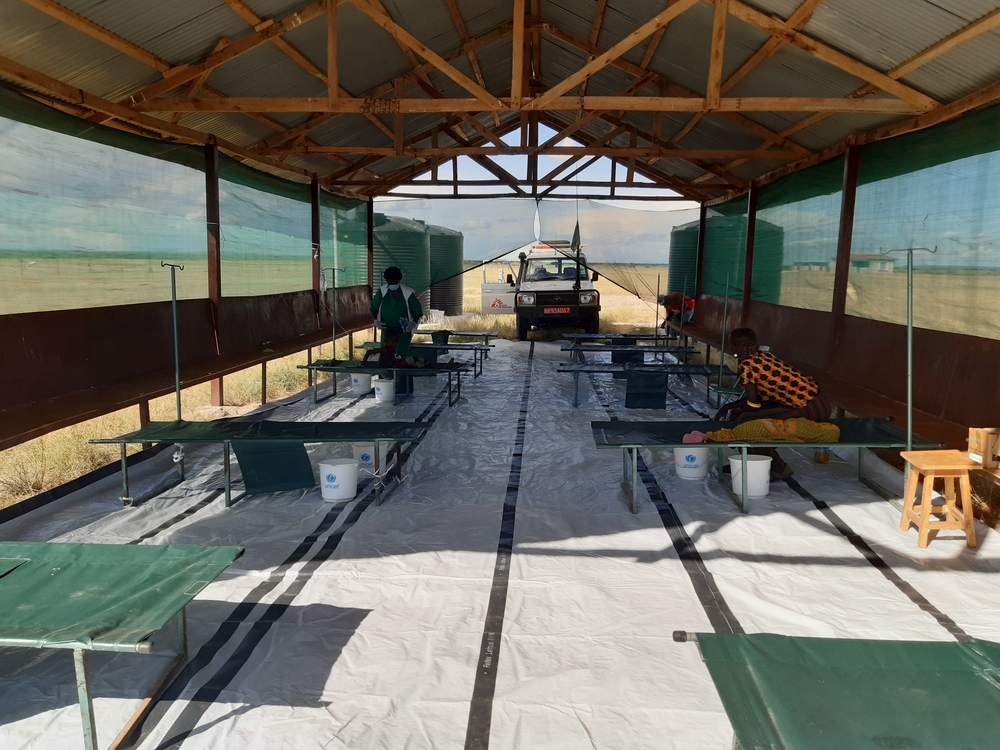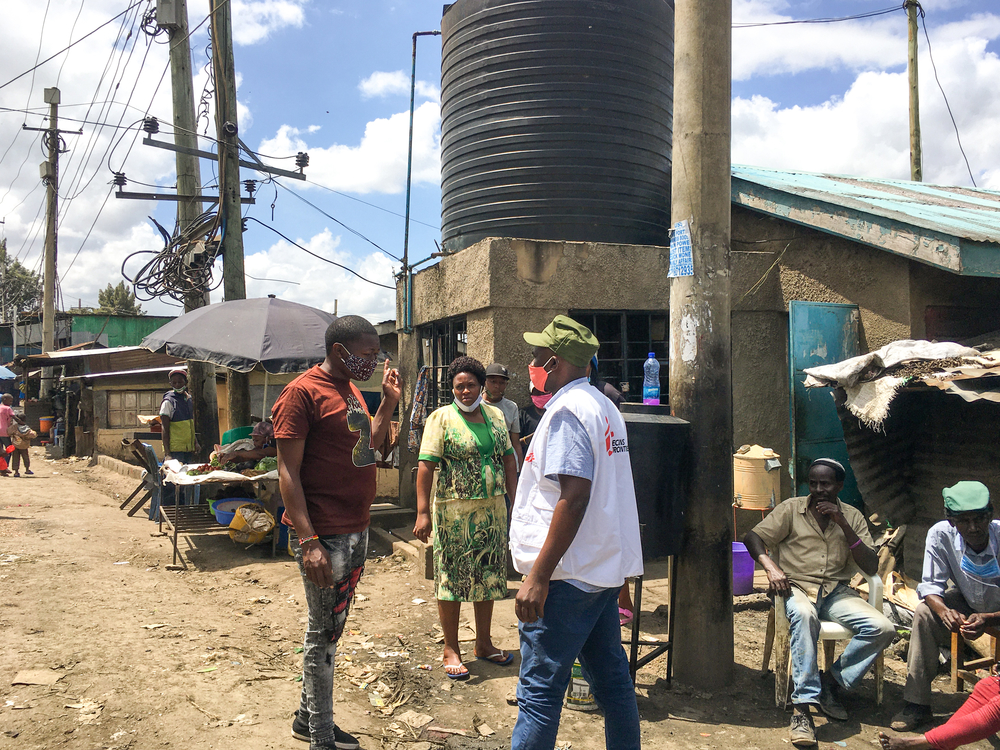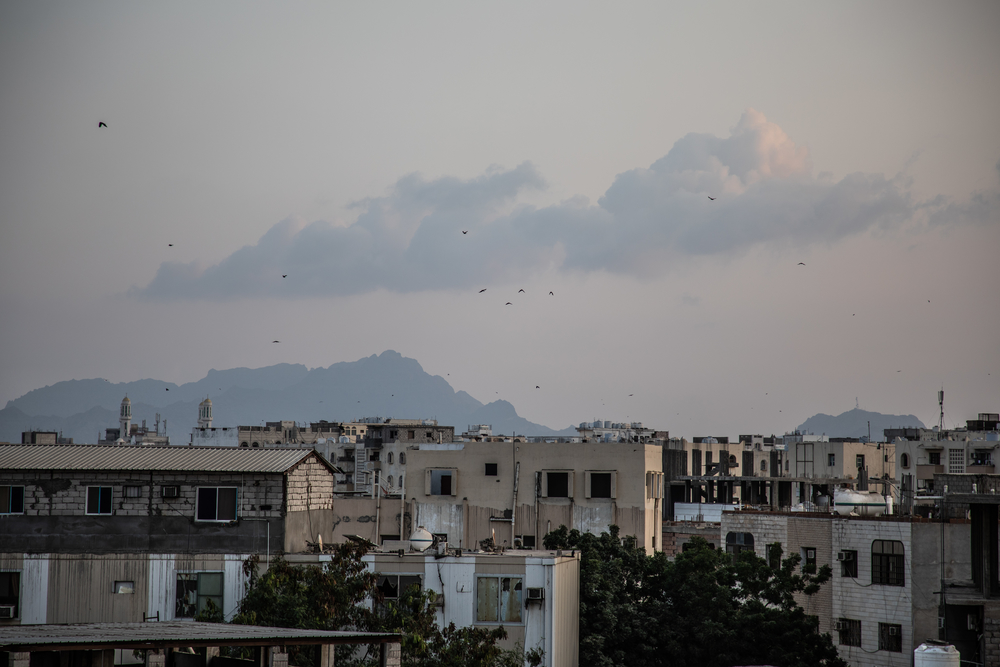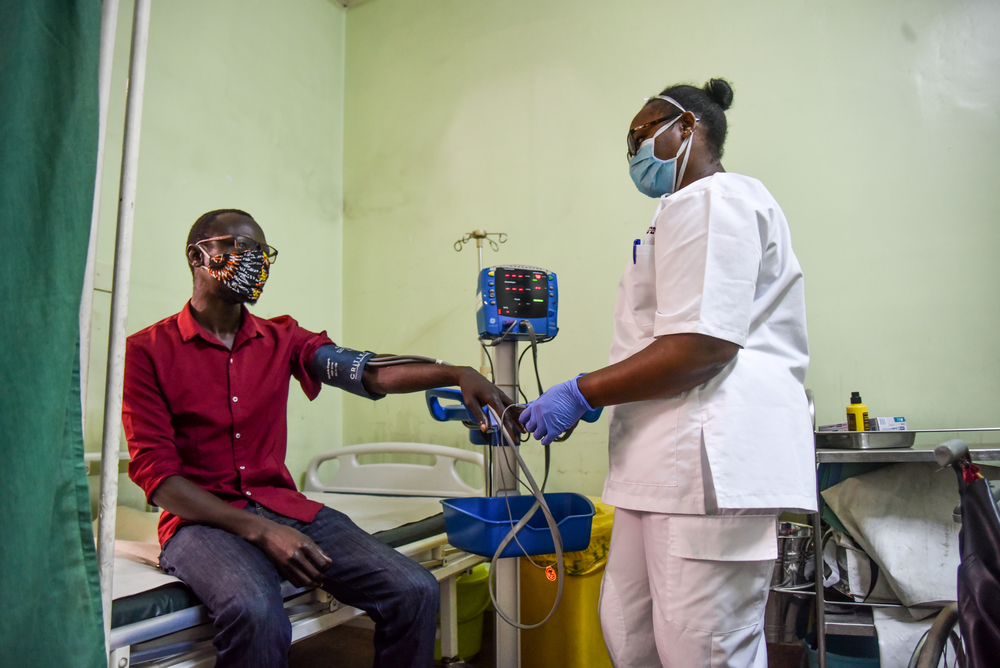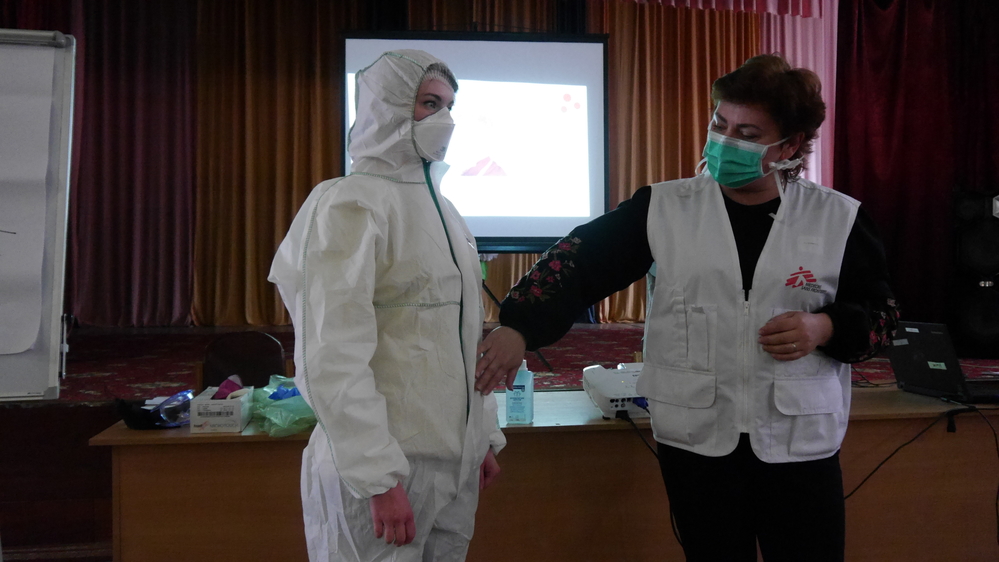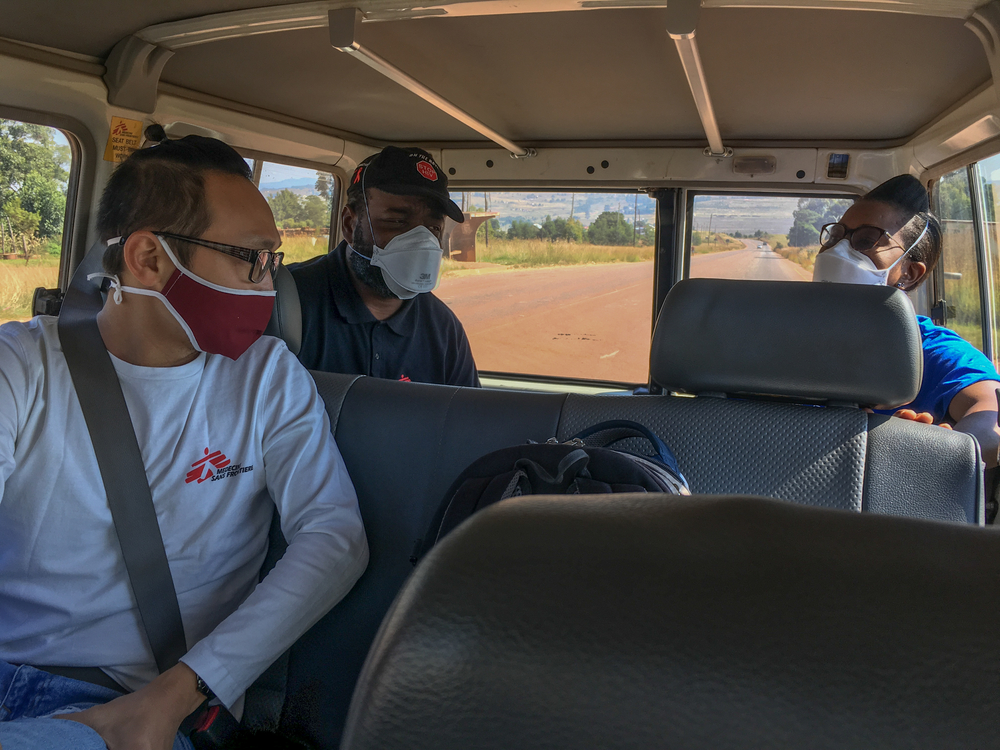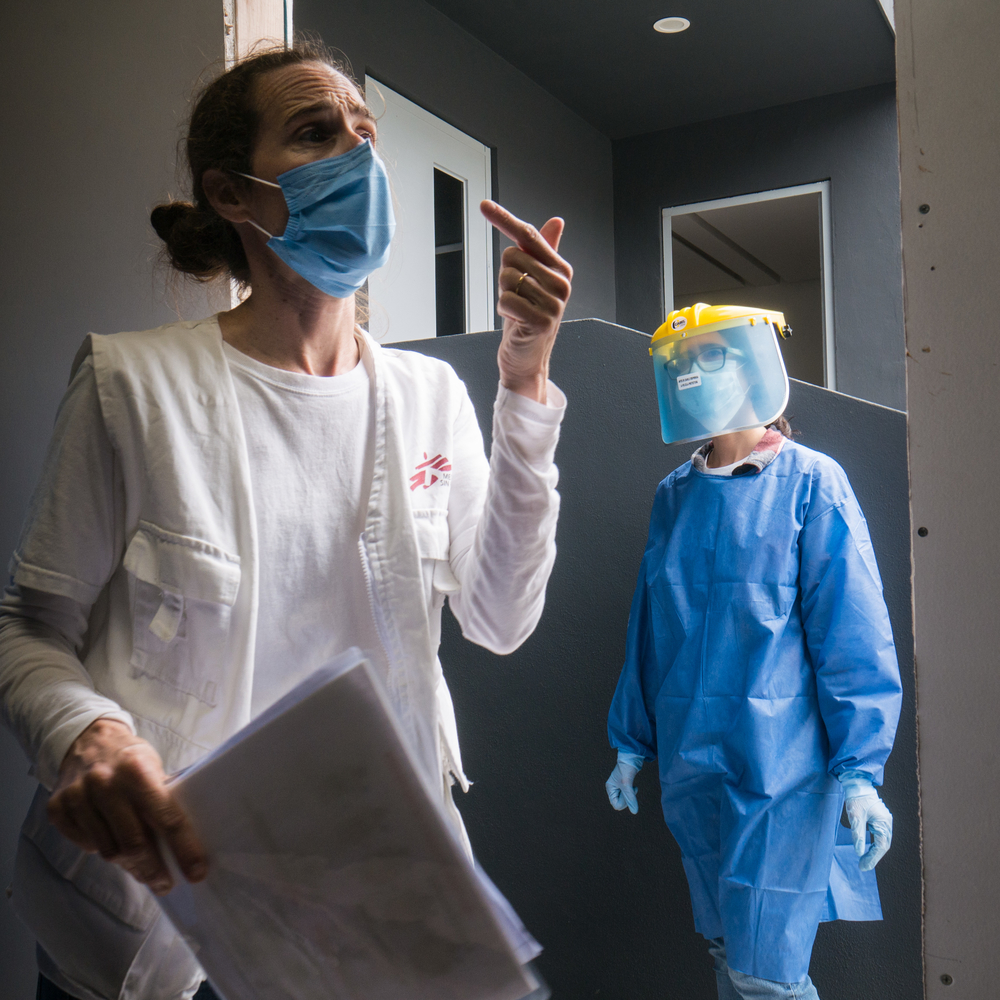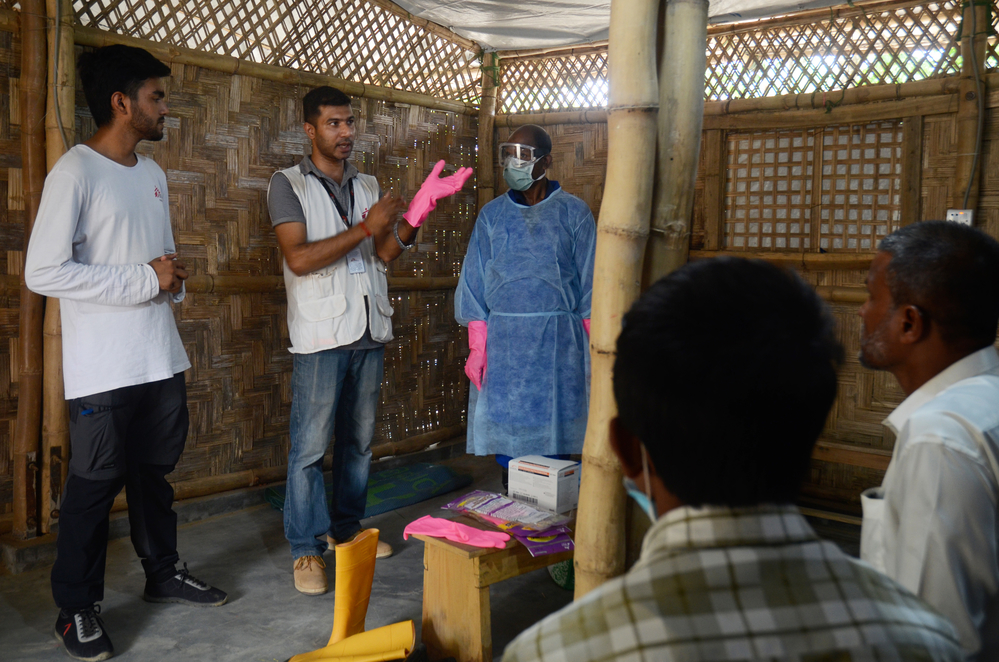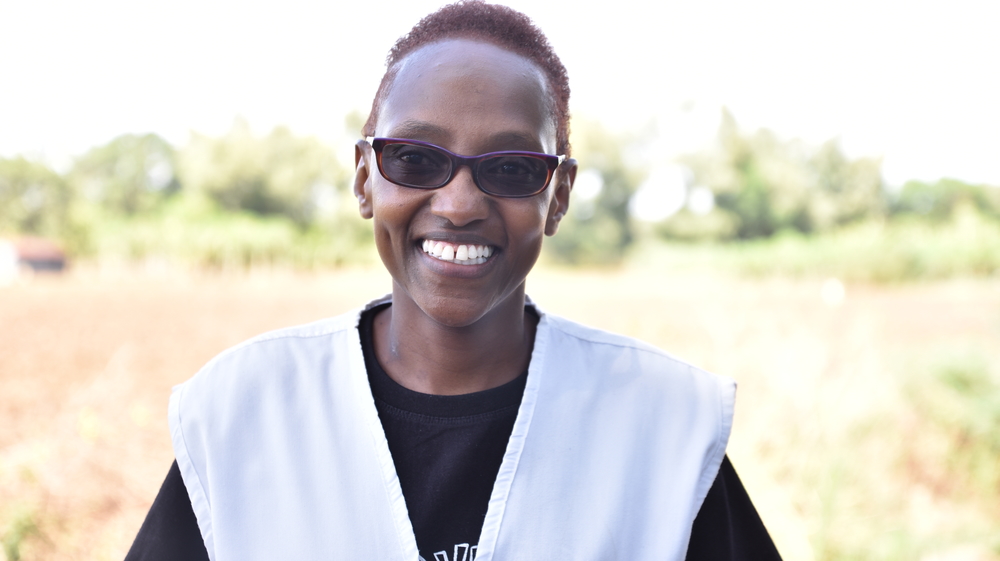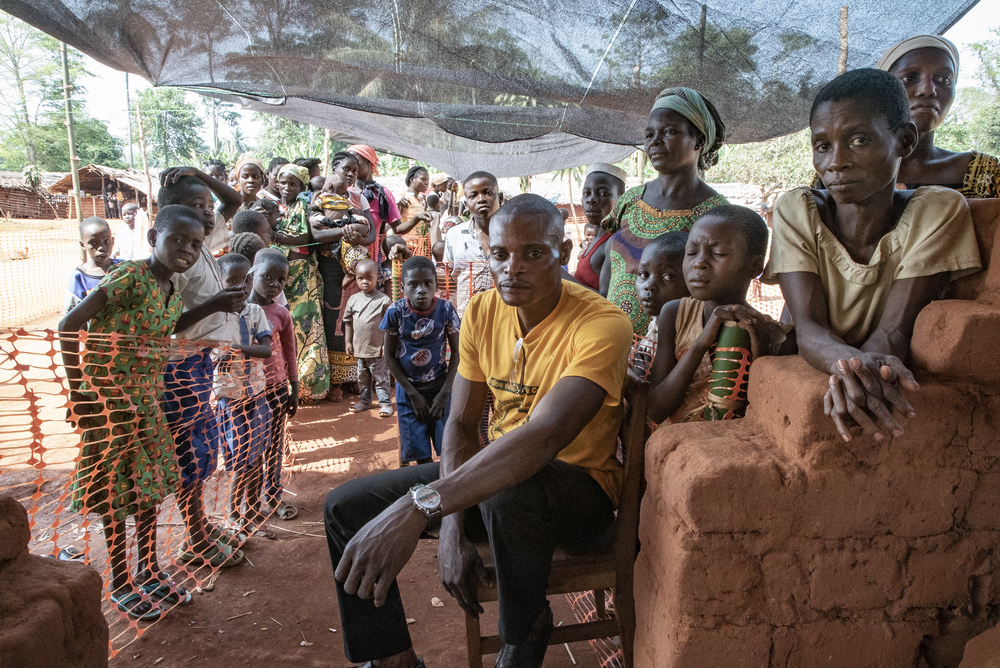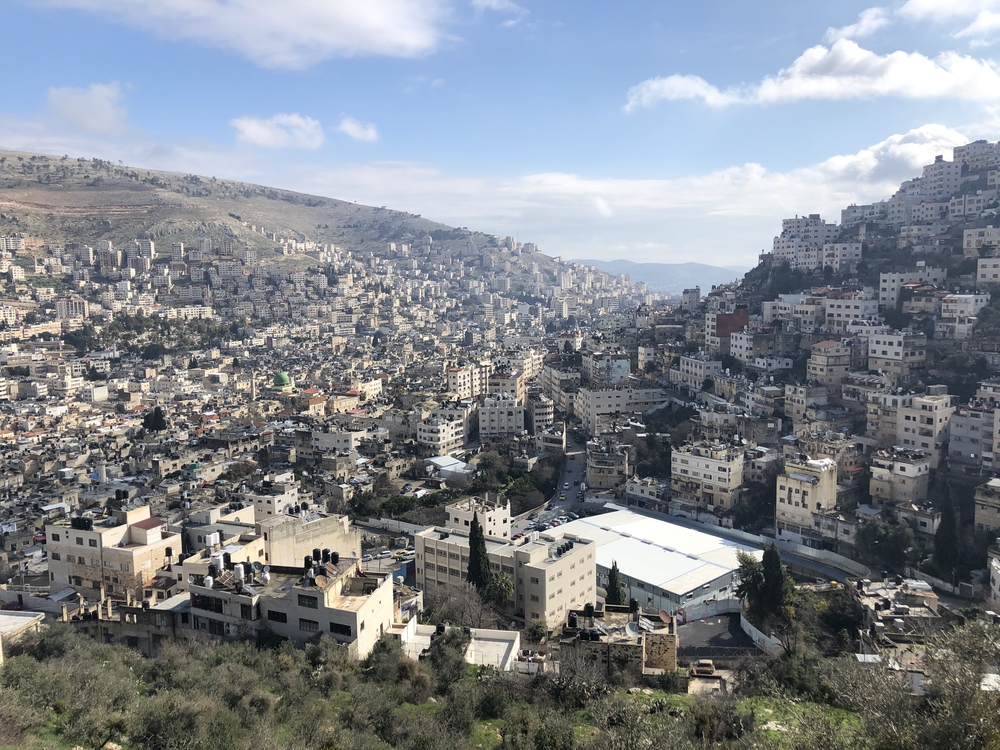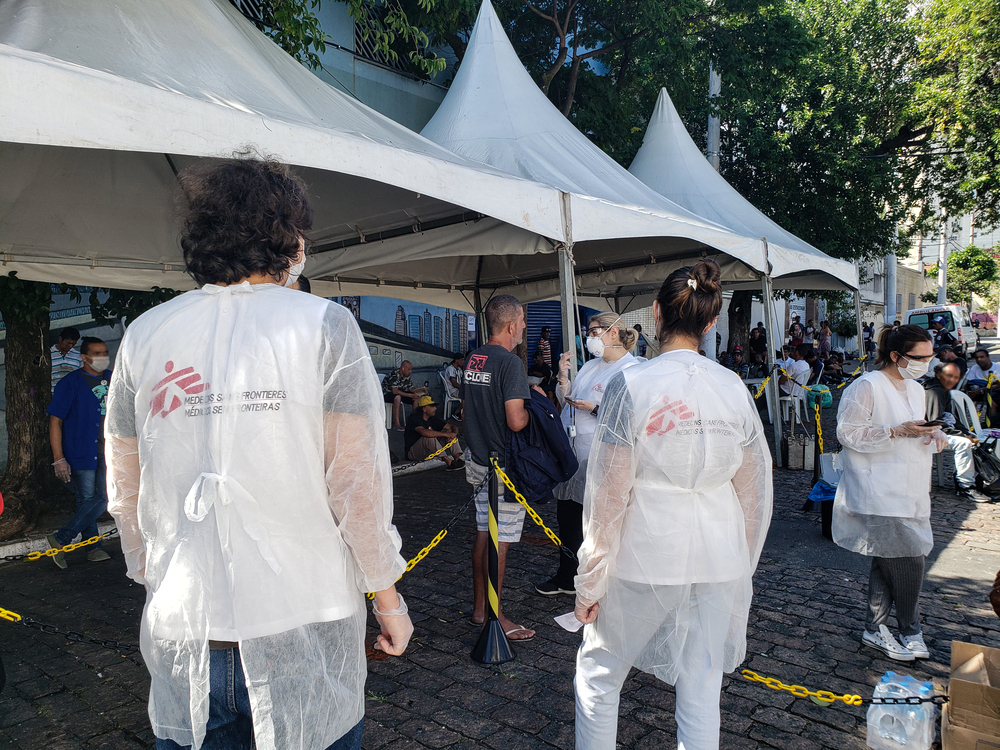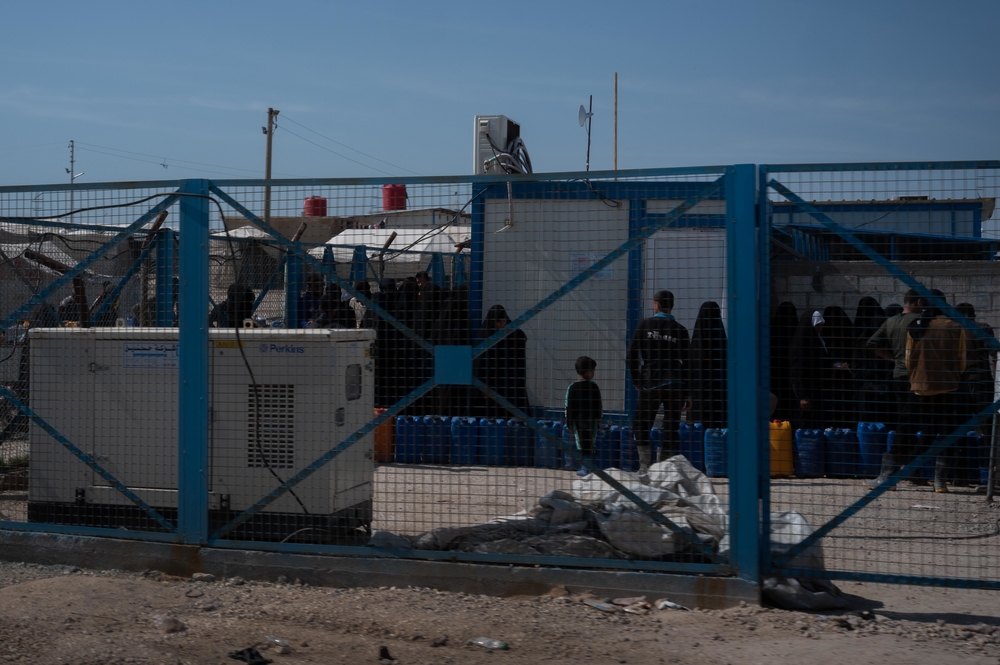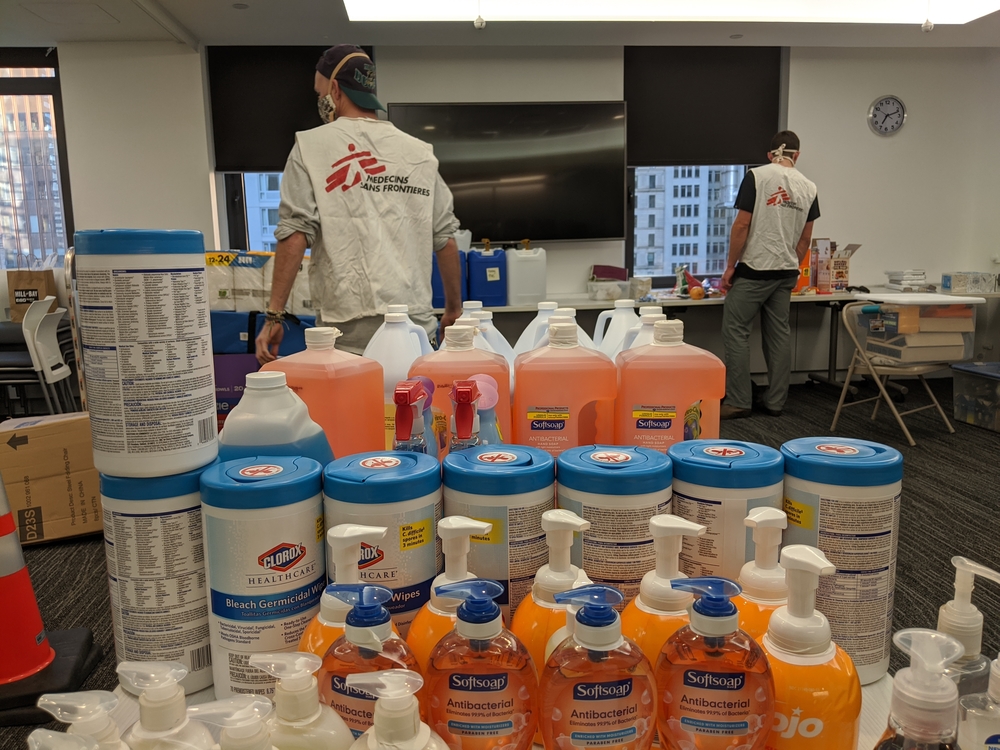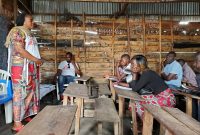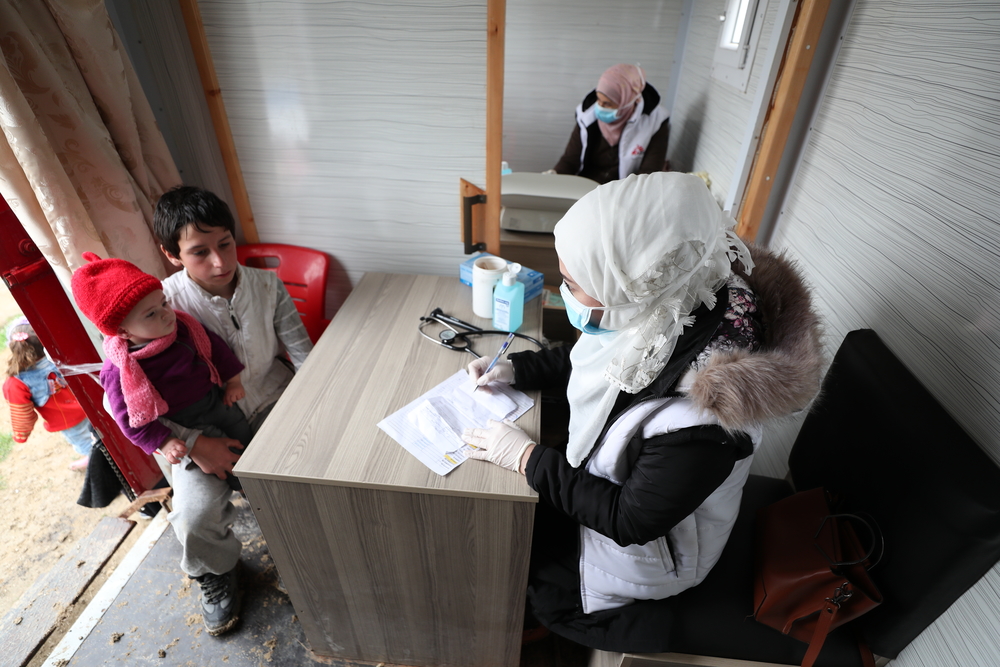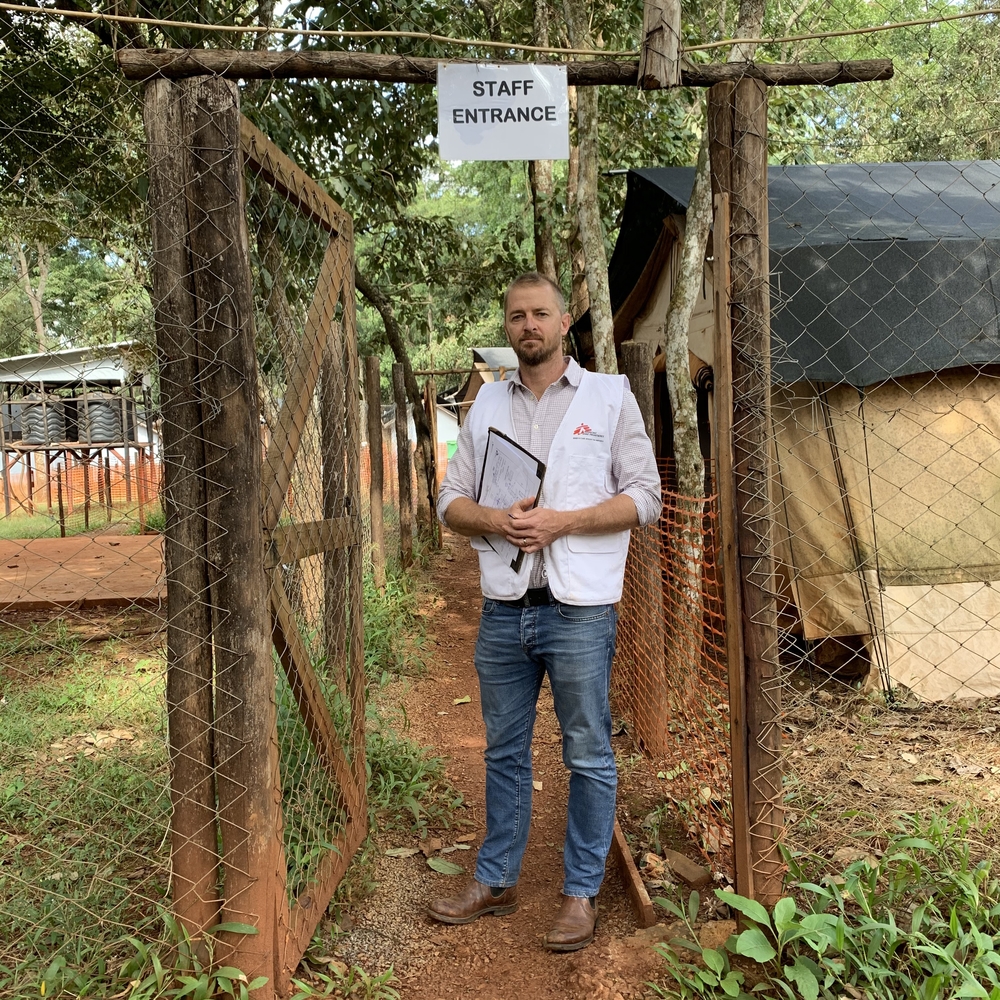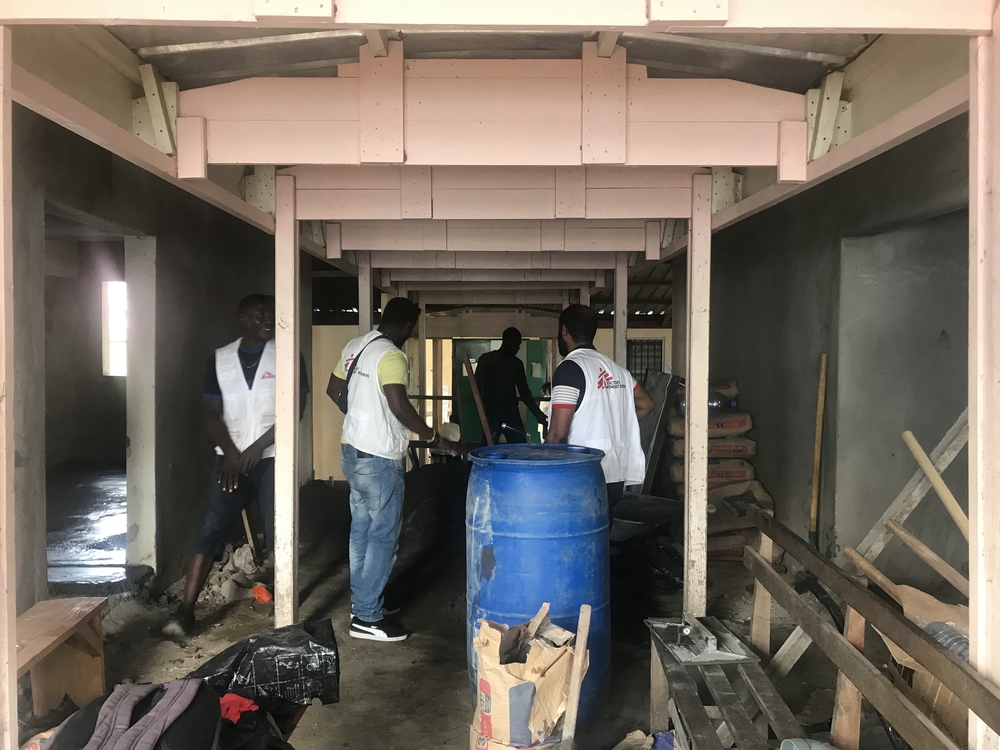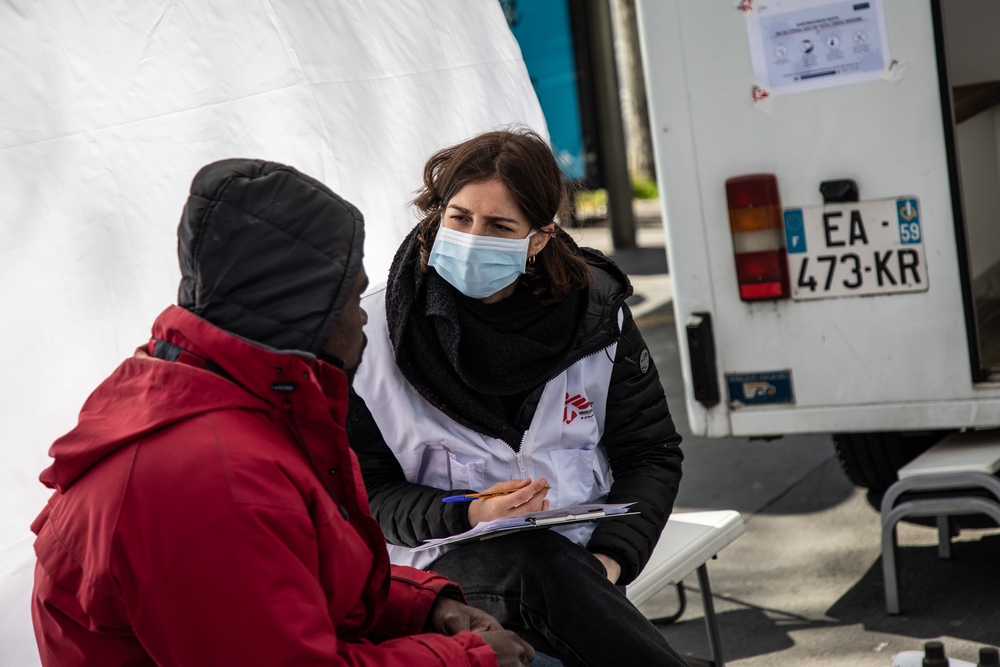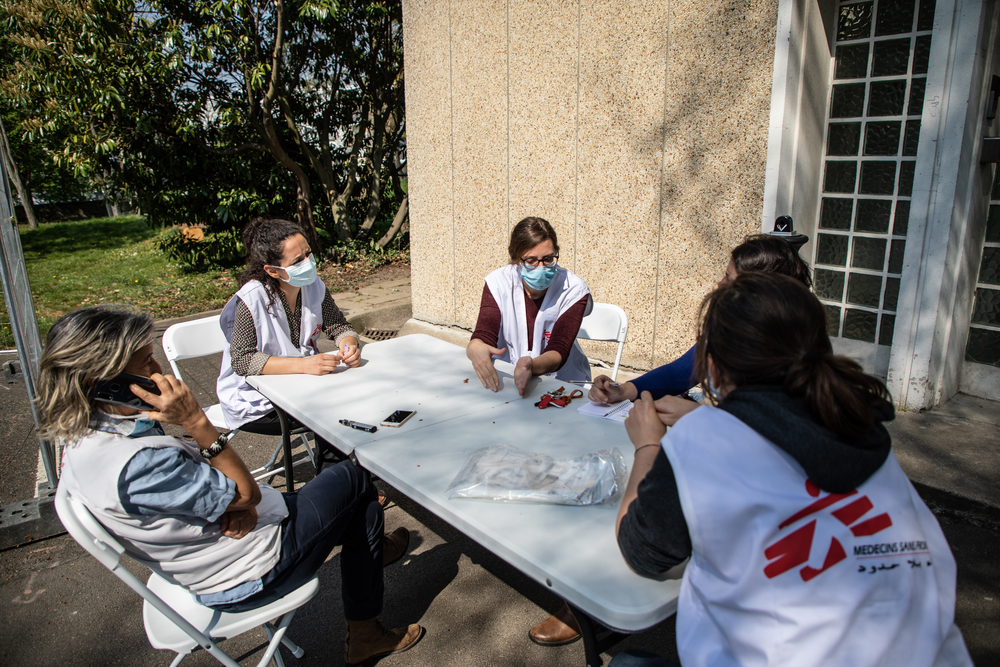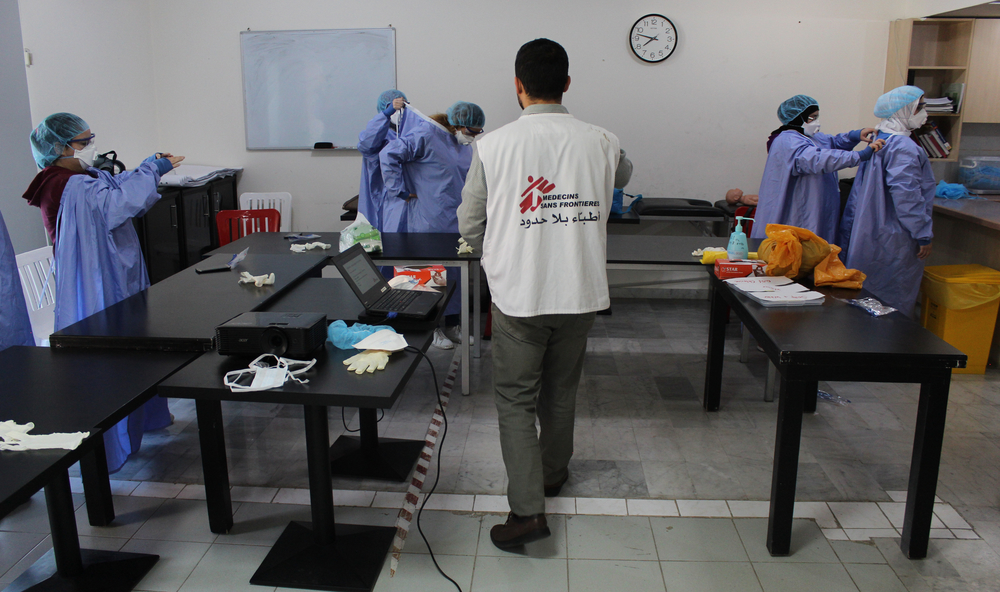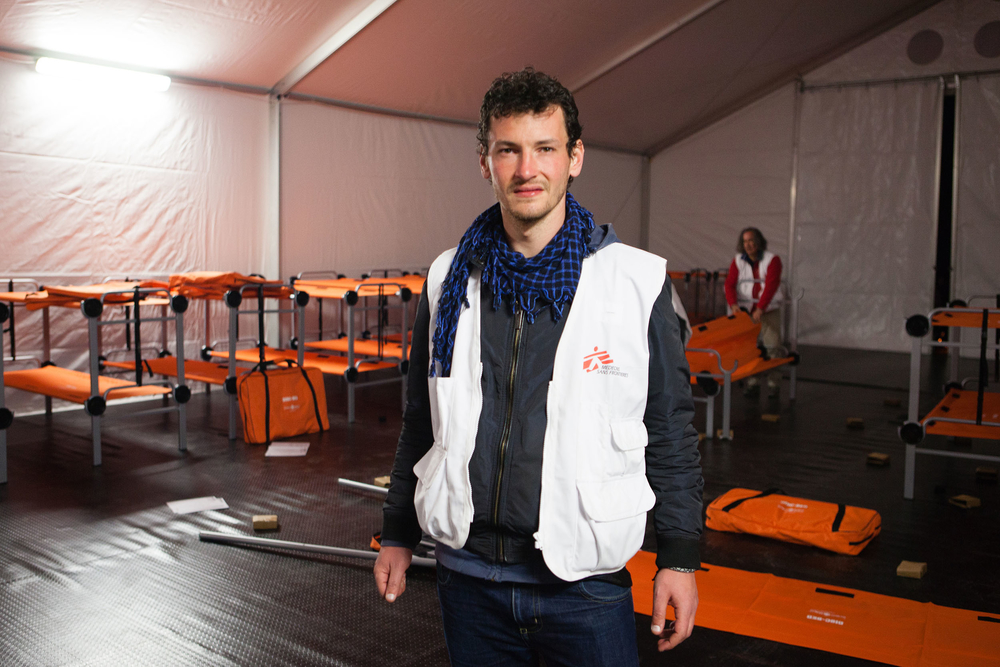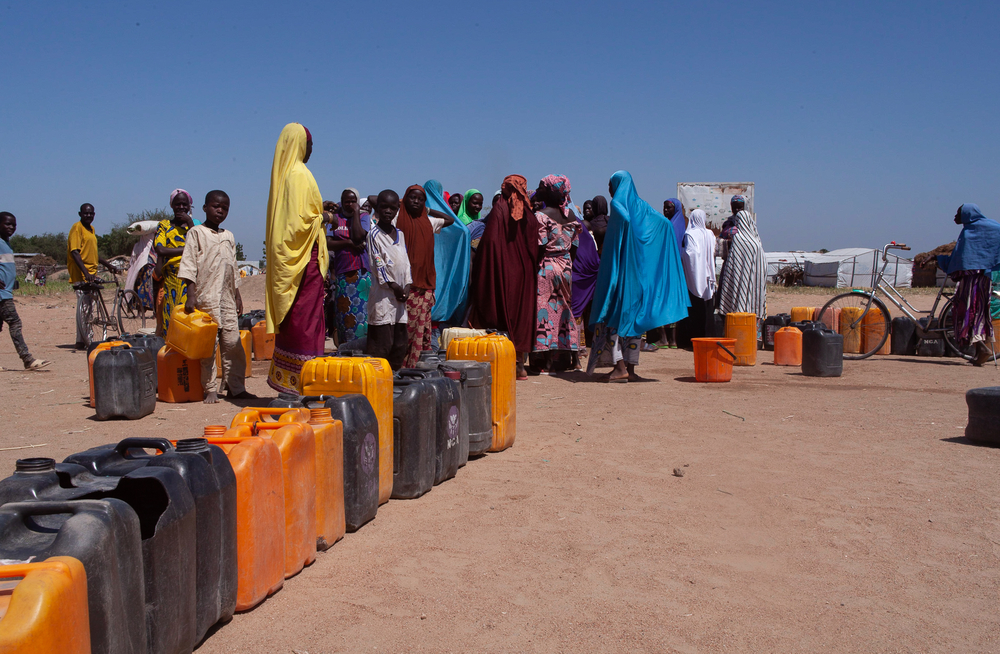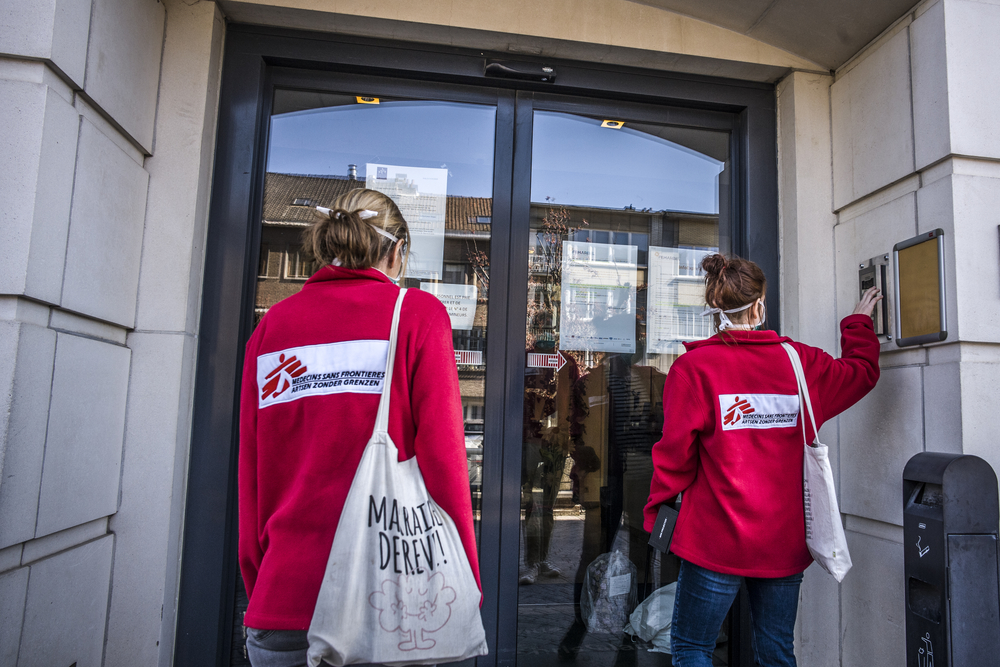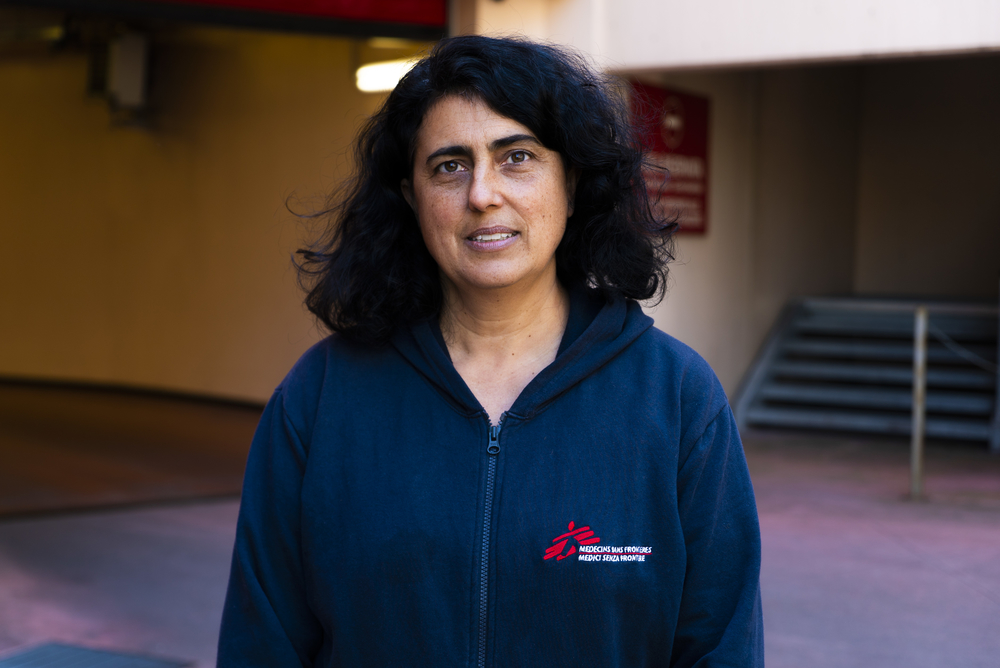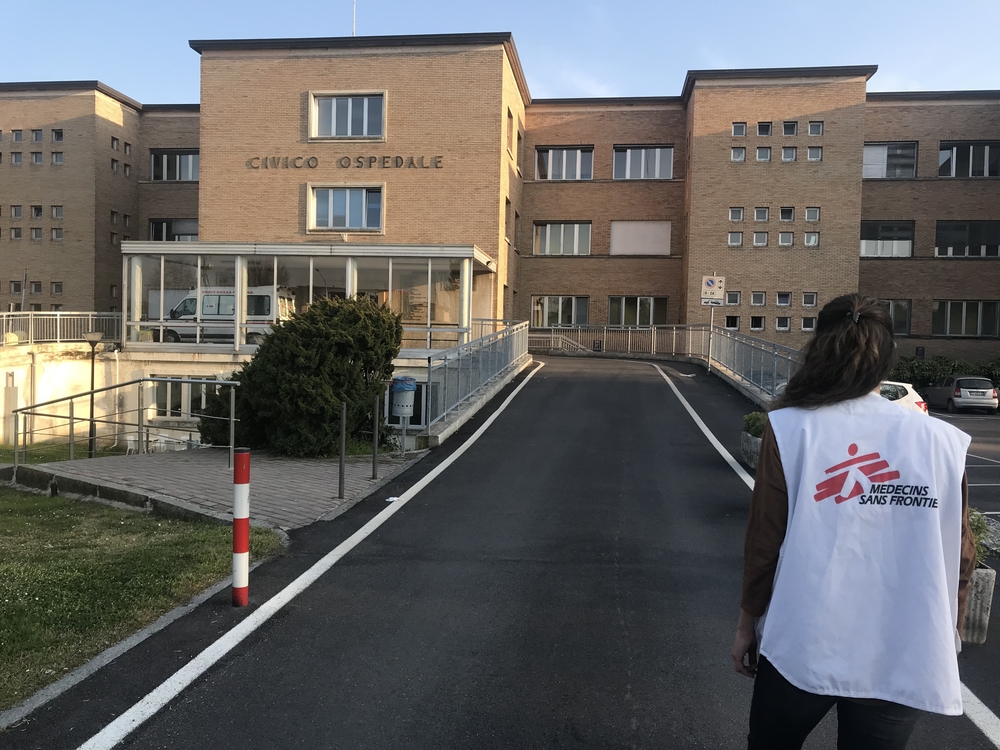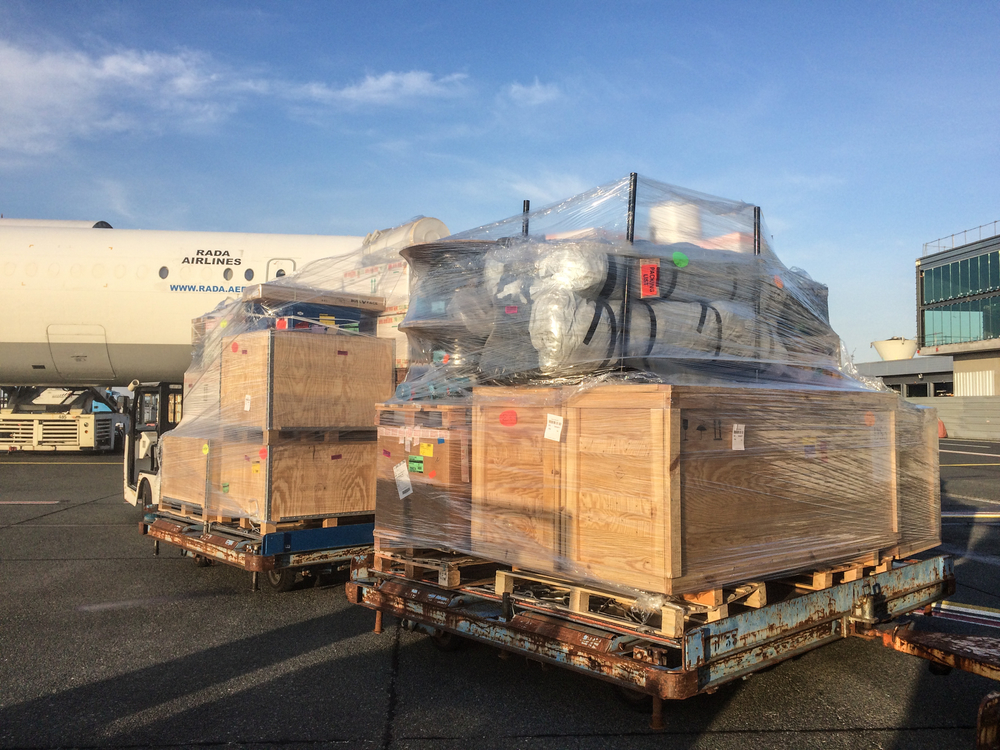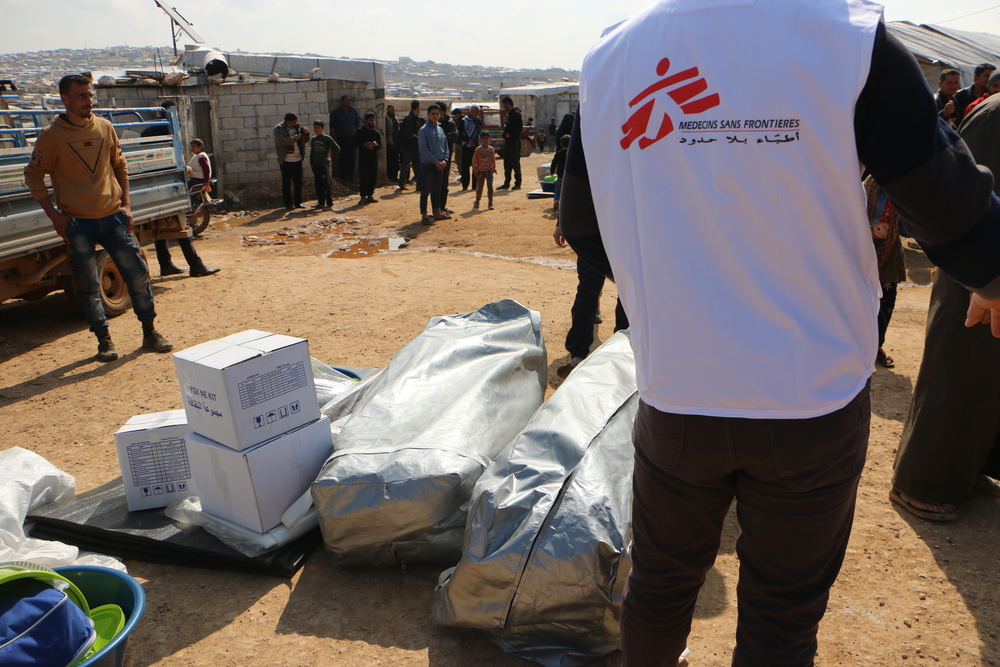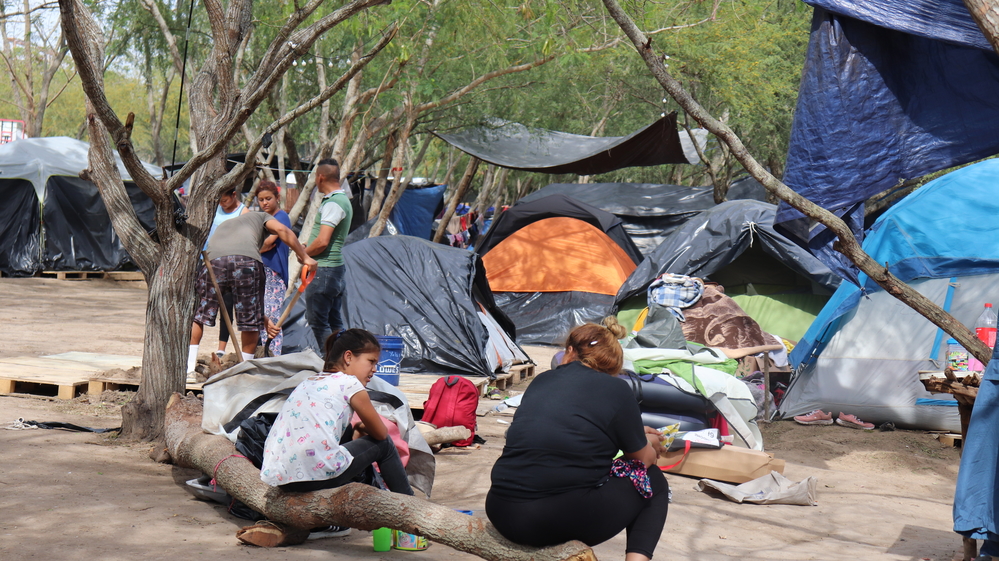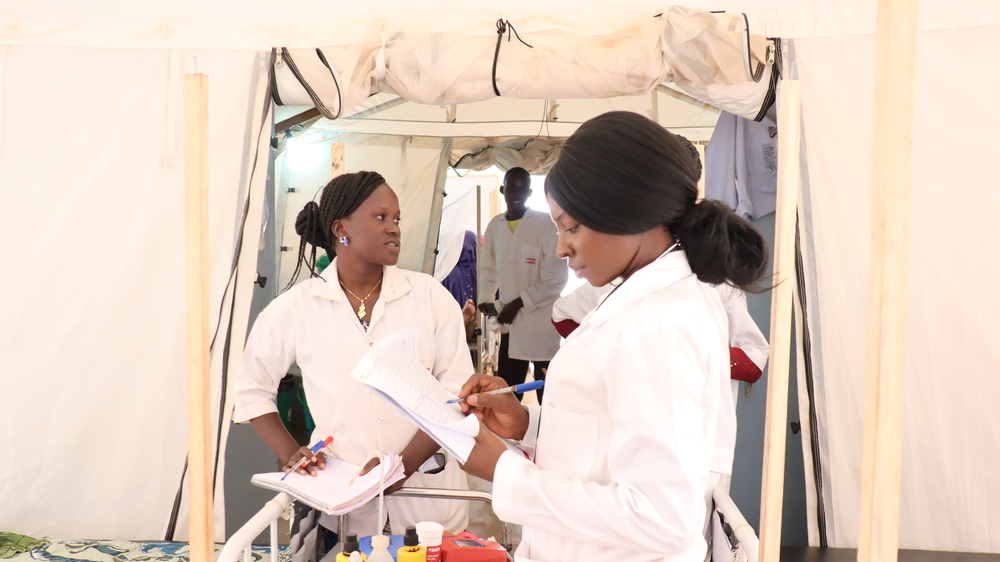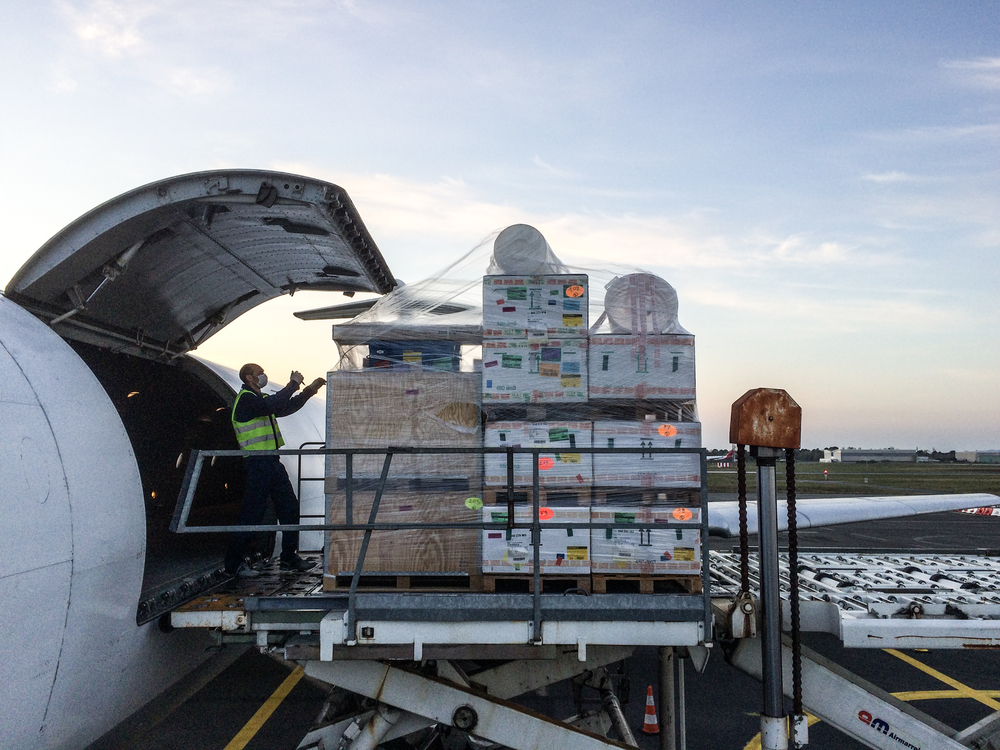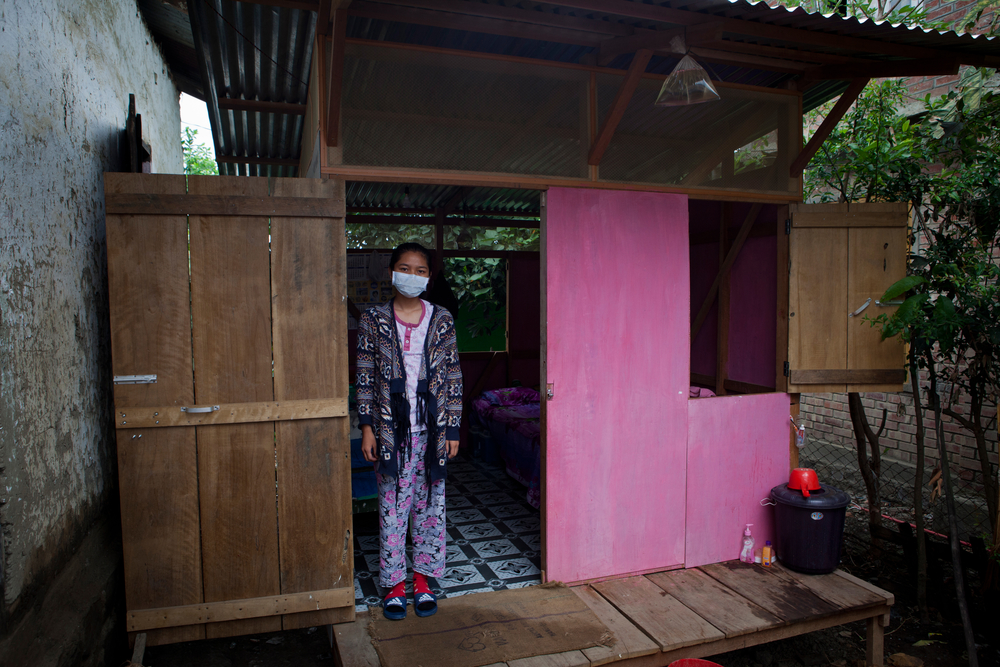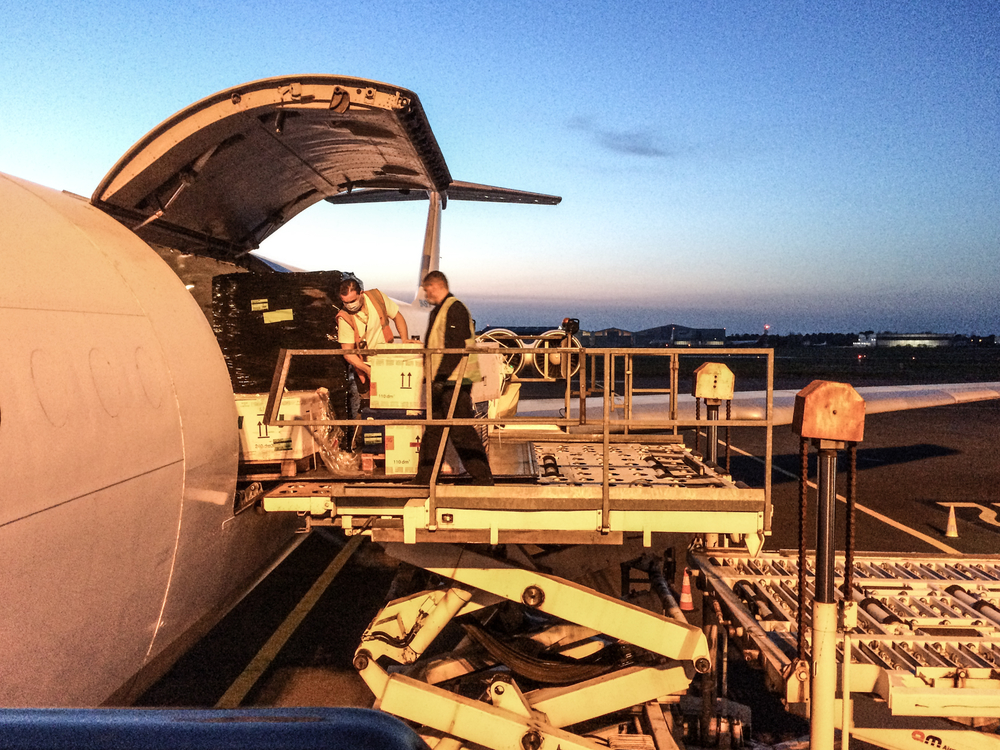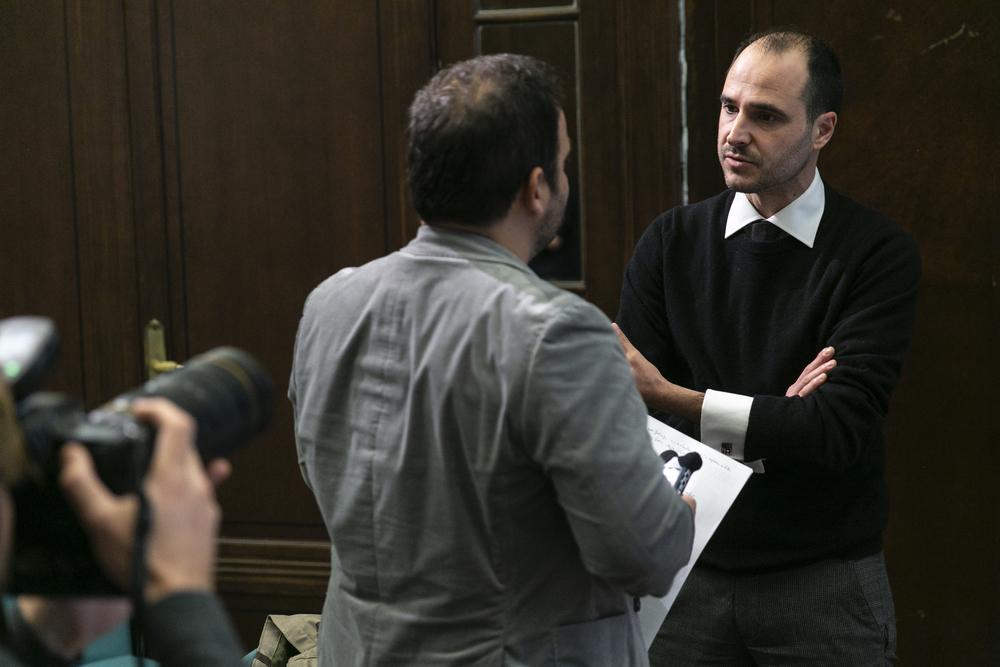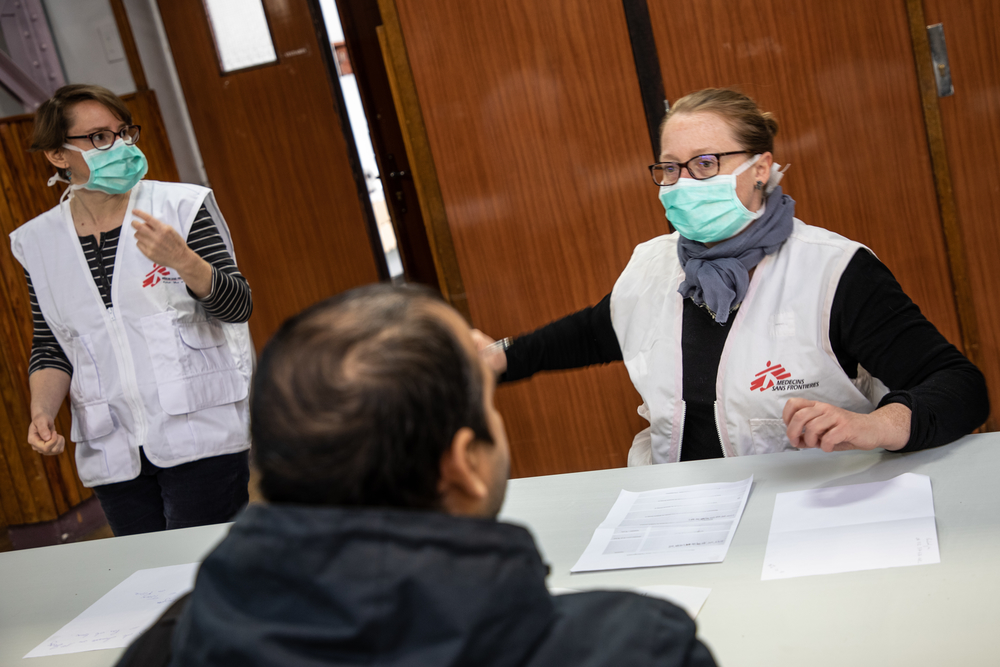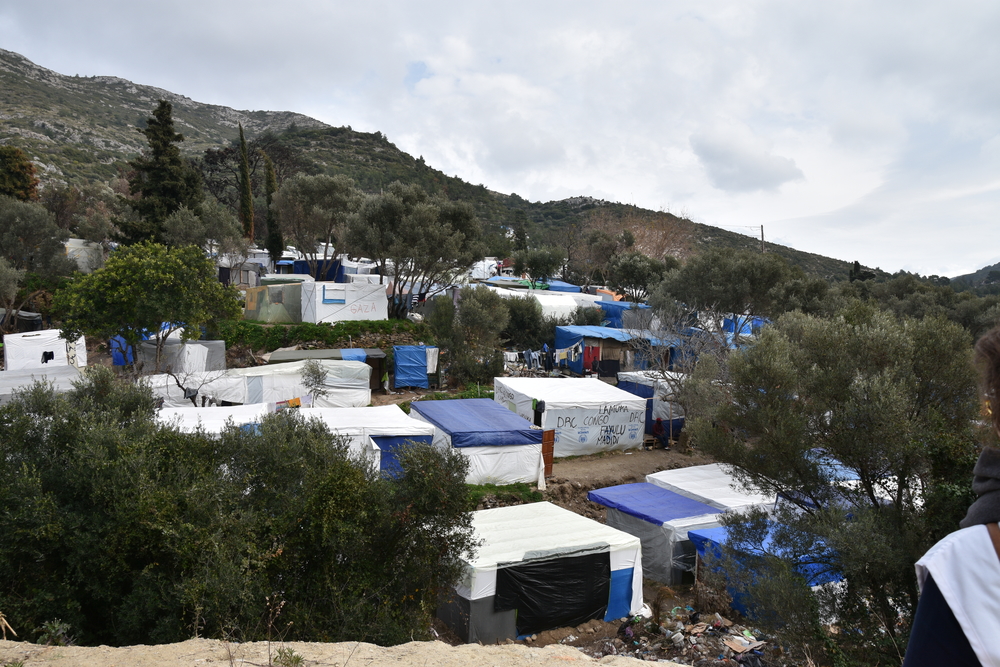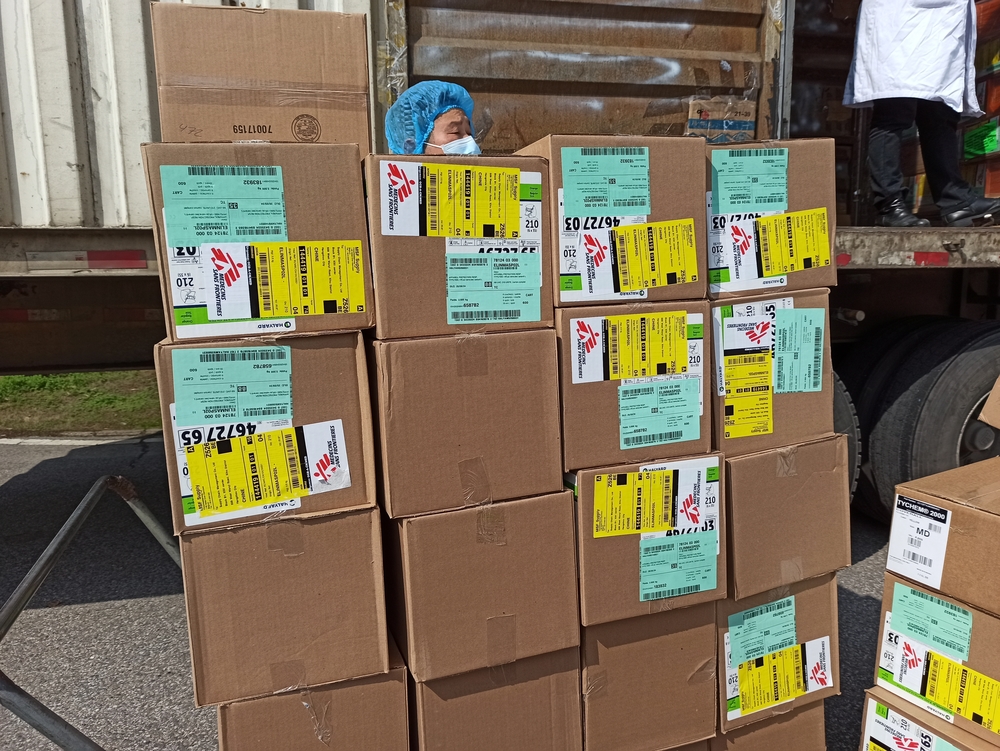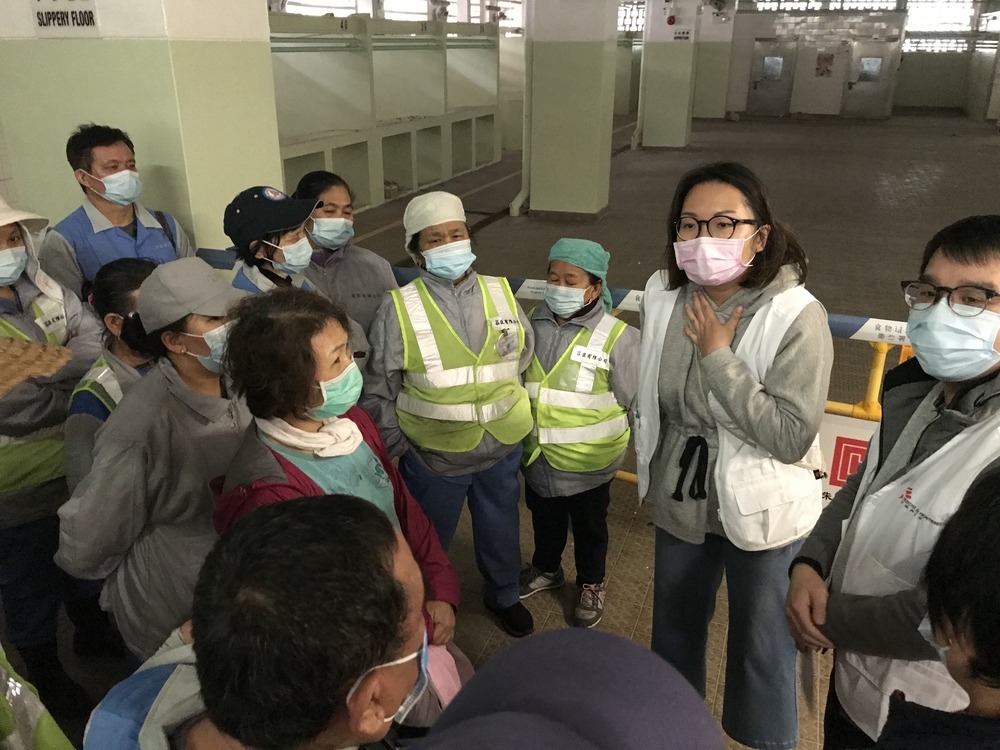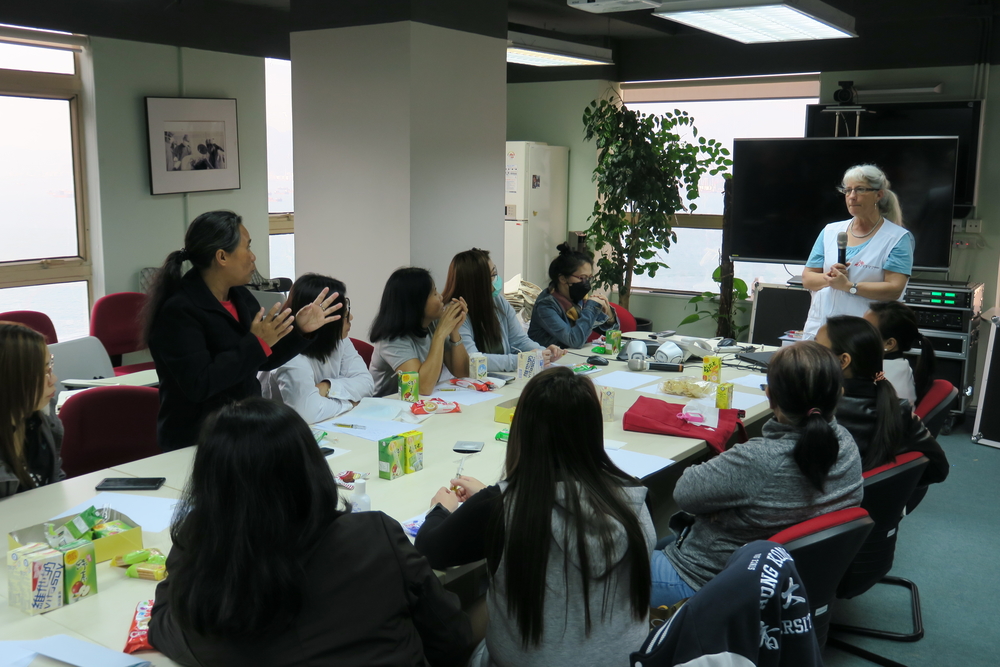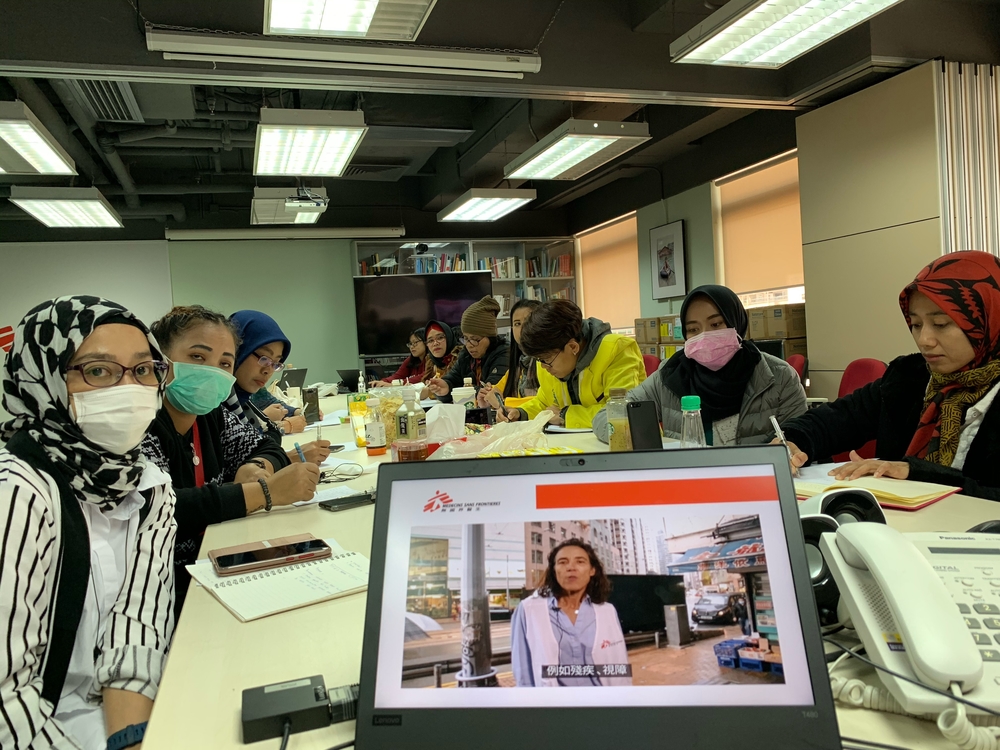Providing COVID-19 vaccination in northwest Syria amongst war, displacement and hesitancy
“For people like us who have survived war, shelling and daily violence, the coronavirus has been the last of our concerns,” says Em Mahmoud, a Syrian woman from Idlib.
“When the number of cases started rising in northern Syria, I tried to persuade my husband to take the vaccine, but he was afraid,” she says.
Unfortunately, a few months later, Em Mahmoud’s husband, who had diabetes, contracted the virus and lost his life. The four waves of COVI-19 recorded in northwest Syria have claimed the lives of 2,500 people.
Not the main concern
When Doctors Without Borders/Médecins Sans Frontières (MSF) teams asked displaced people in the camps what their main concerns were, COVID-19 was not mentioned even once. Hundreds of people in northwest Syria refuse to take the vaccine, and the low immunization rate is a clear evidence of that. As of today, only 13.4 percent of the total eligible population (above 18 years old) is fully vaccinated. This is due to various reasons, such as giving priority to other life-threatening risks, lack of information or misinformation about the vaccines, and a lack of trust in the medical services provided.
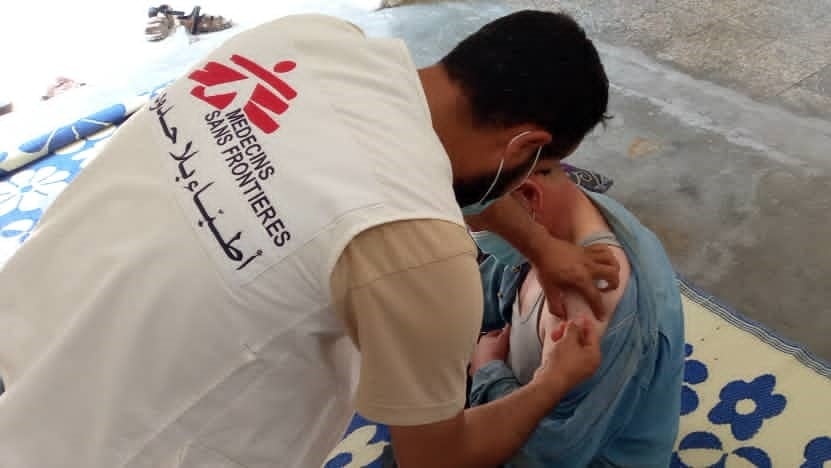
“I spent 13 days with him in the intensive care unit. Every day I saw families suffering as they lost their loved ones, that’s when I decided to get the vaccine” continues Em Mahmoud. “I took the vaccine, provided an MSF mobile team, because I didn’t want my family to suffer the same way I did. I convinced everyone around me to get vaccinated too, because it saves lives.”
“Displaced people in northwest Syria fear hunger, further displacement or death from shelling and bombing,” says a manager of a displaced camp in Idlib. “Many people don’t believe COVID-19 could be more dangerous than the risks they face on a daily basis, and so they are not interested in taking the vaccine,” he says.
Rumours and misinformation
Some people are also afraid of the risks related to COVID-19 vaccines, considering them an additional threat. Rumours about vaccines have been widely circulating on social media and among the community, leading to growing fears and hesitation.
People have also been discouraged from seeking medical services, including vaccination, due to the decreasing availability of medical care in northwest Syria, which has affected people’s perception towards the quality of these services. Moreover, the idea of vaccinating adults is not very common in this area, as people believe vaccines are only for children.
Against this backdrop, MSF teams have decided to support the local COVID-19 vaccination efforts in northwest Syria led by the World Health Organization (WHO) and the Syrian Immunization Group (SIG).
“Our main goal was to help increase the vaccination coverage in northwest Syria, particularly for the most vulnerable. We vaccinated people who had previously refused to take the vaccine or couldn’t access a vaccination centre,” says Jamil Mohamad*, MSF medical manager of the vaccination project.

In order to counter vaccine hesitancy, MSF teams have deployed 10 fixed and mobile vaccination teams. As of today, our teams have provided almost 11,600 doses, 74 percent of which were given to internally displaced people living across 107 camps in the Idlib governorate.
Community-based sessions
Additionally, MSF’s health promotion teams have been able to reach out to more than 41,000 people through individual sessions and group sessions to spread awareness about COVID-19. Through these sessions, the teams identify and debunk rumors surrounding the COVID vaccination, which mostly focus on its side effects, fatality and sterility. Healthcare workers were among our main targets, including MSF staff.
“People trust medical doctors and nurses, and so we were keen to encourage them to get vaccinated first. In one of our facilities, 100 percent of our staff have been fully vaccinated,” says Mohamad.
We also focused on empowering camps managers and community leaders who could lead by example and help change the attitude of the community towards the vaccines.
“The COVID-19 pandemic is not over yet. Even if the numbers are decreasing, vaccination remains an essential component in the fight against the pandemic,” says Mohamad. “In Syria, the health system has been devastated by over a decade of conflict and cannot cope with another severe wave.”
*Name has been changed to protect identity
